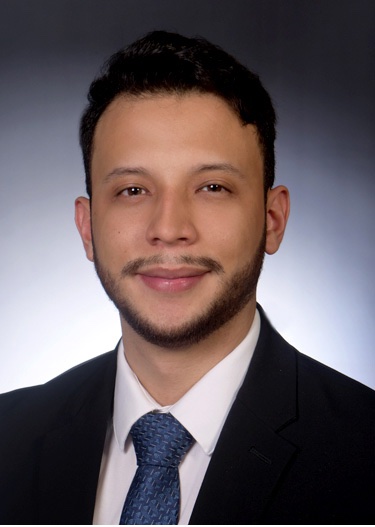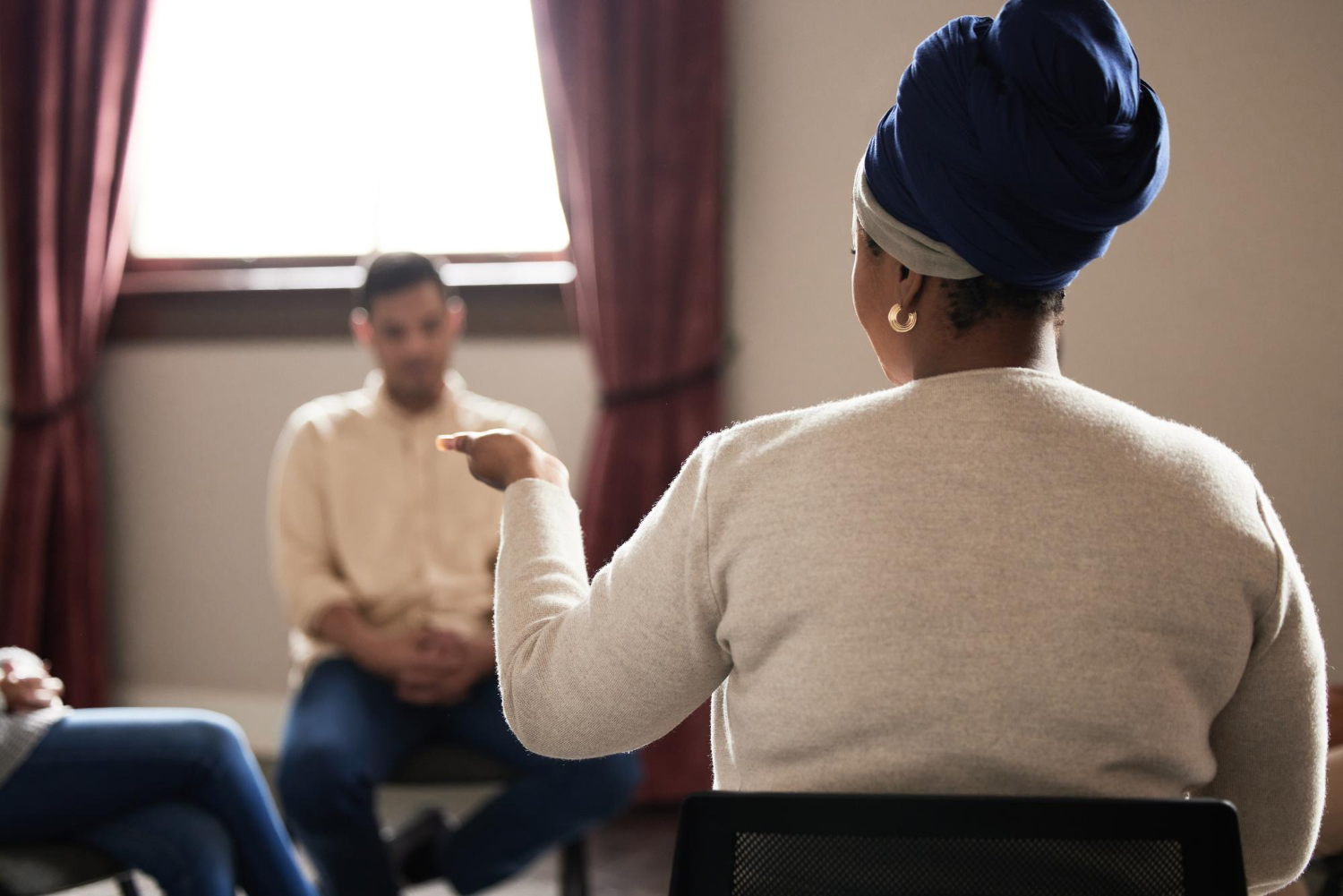The rich culture and history of Chicago make it an amazing place to live by the shores of Lake Michigan. Despite its beauty, Chicago has high rates of substance abuse and overdose. In order to fight this, the city has a wide variety of rehab centers available to serve its population. They are known for their innovative approaches to addiction treatment. When enrolled in a program, individuals will find personalized treatment plans, psychiatric attention for co-occurring mental health disorders, and holistic care.
In the following sections, we will explore some of the top rehab centers in Chicago, highlighting their services, treatment approaches, types of facilities, and how to choose the right one for you.
170 Treatment Centers in Chicago, IL

7.19

7.40

7.47

7.60

6.94

7.41

6.79

7.49

7.12

7.01

7.18

6.66

6.93

6.66

6.97

7.45
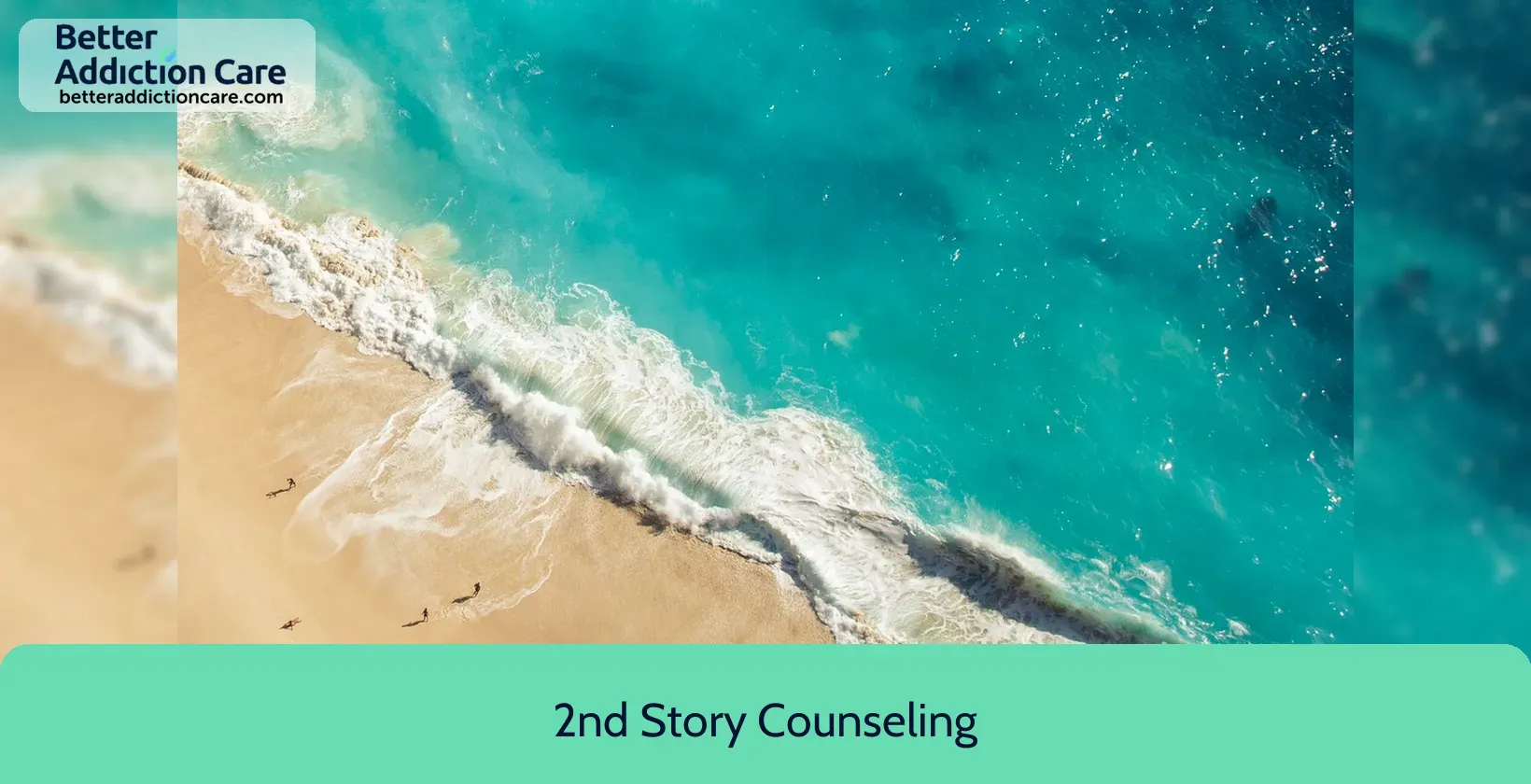
6.71
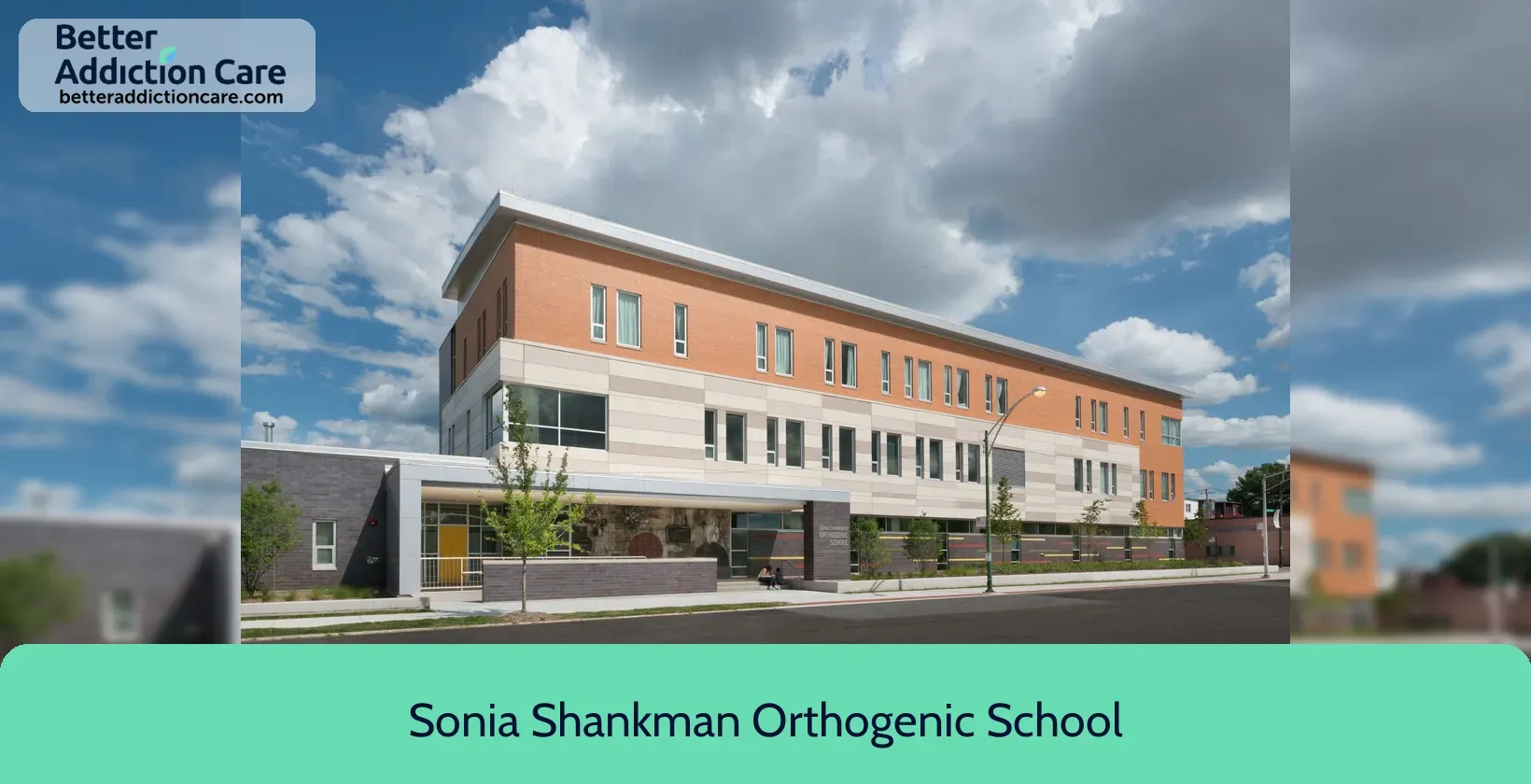
6.62
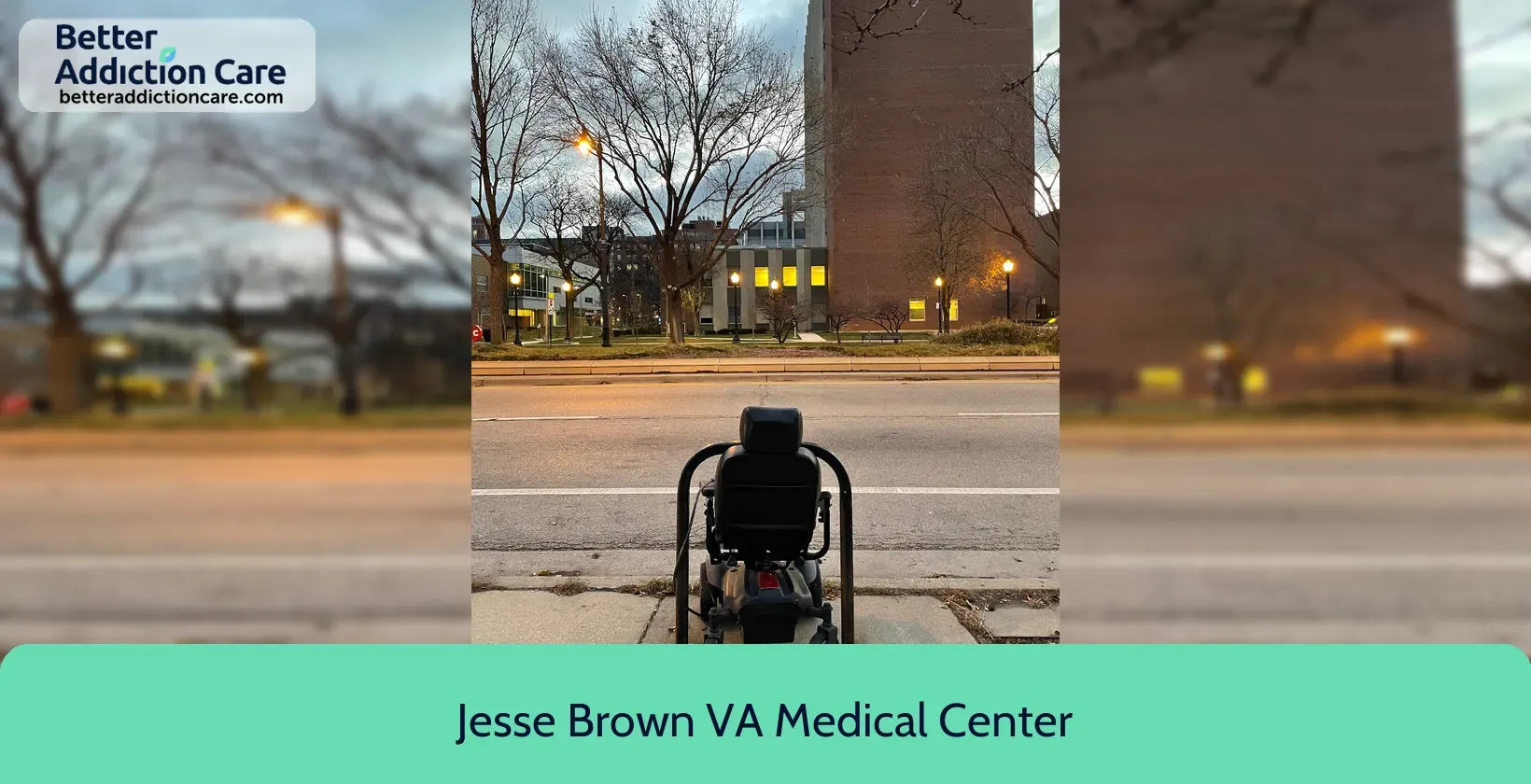
7.52

6.68
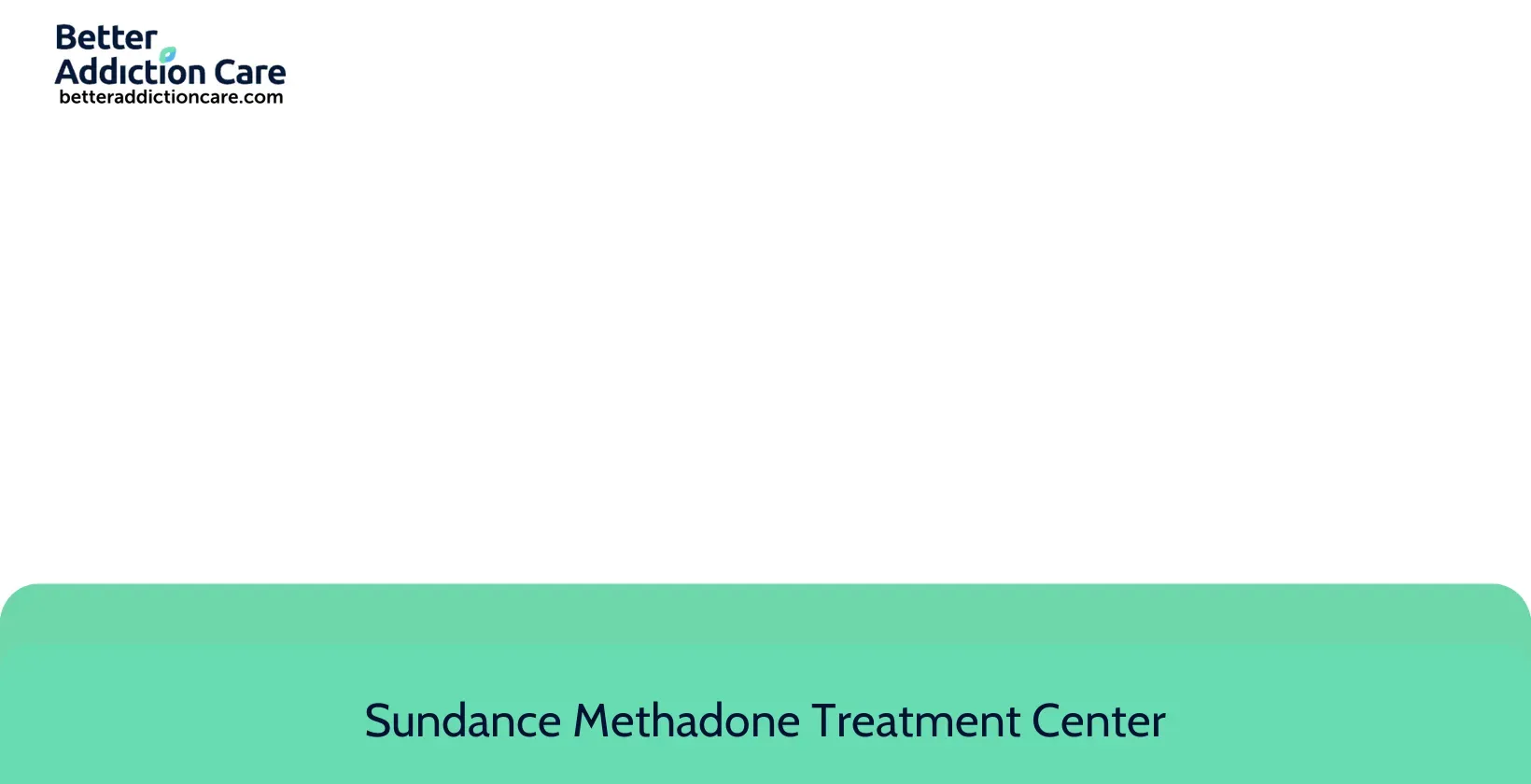
6.88
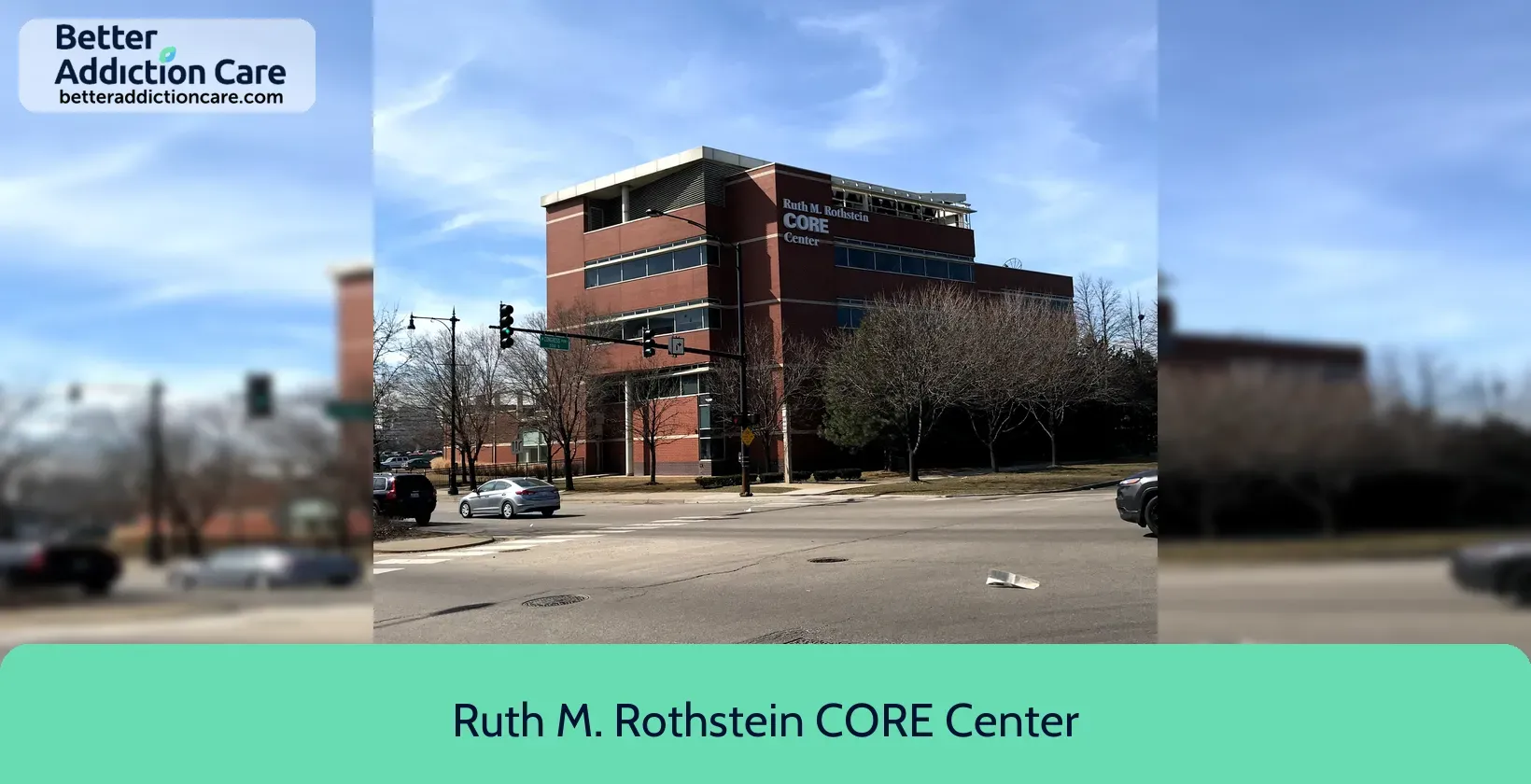
7.48
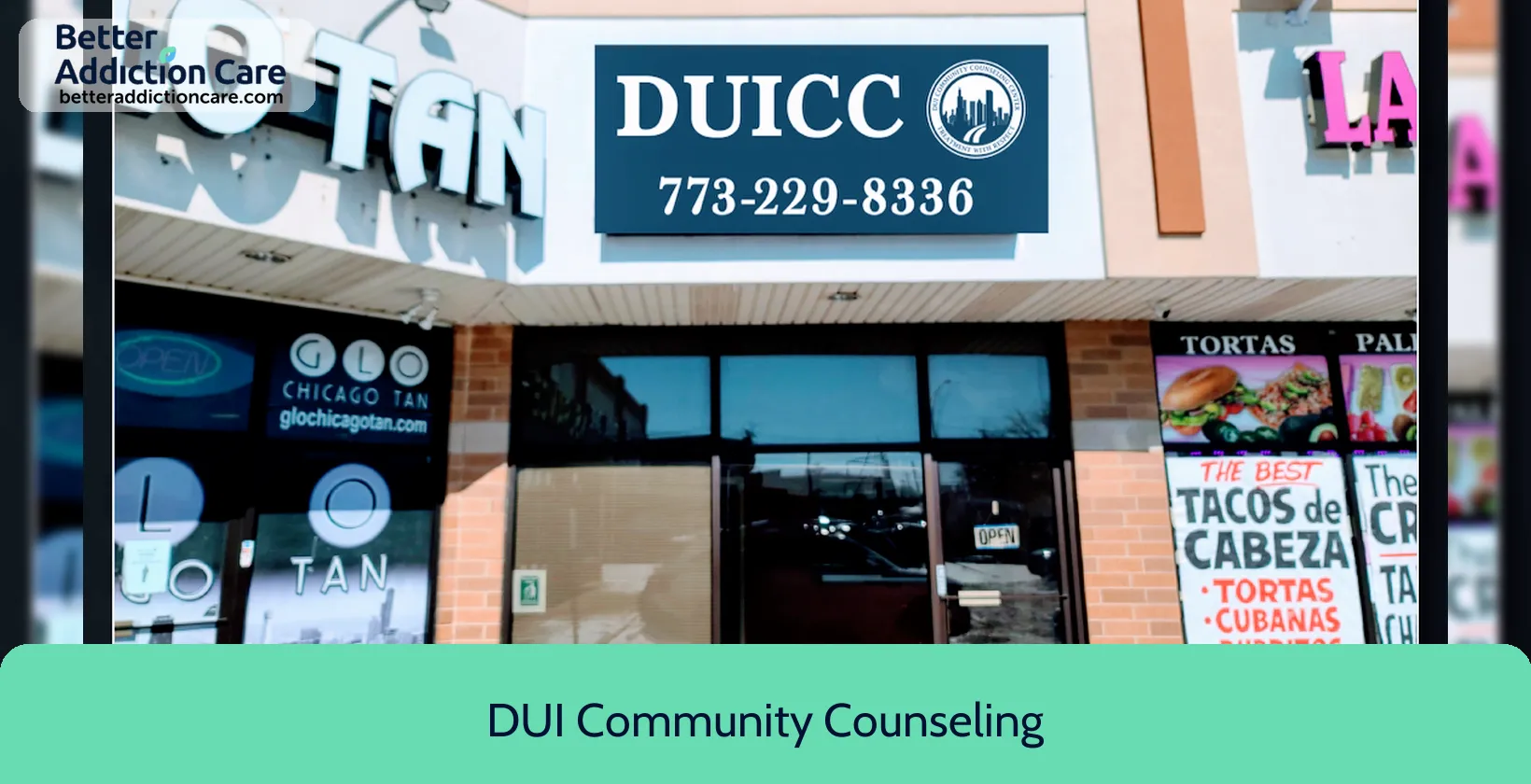
6.74
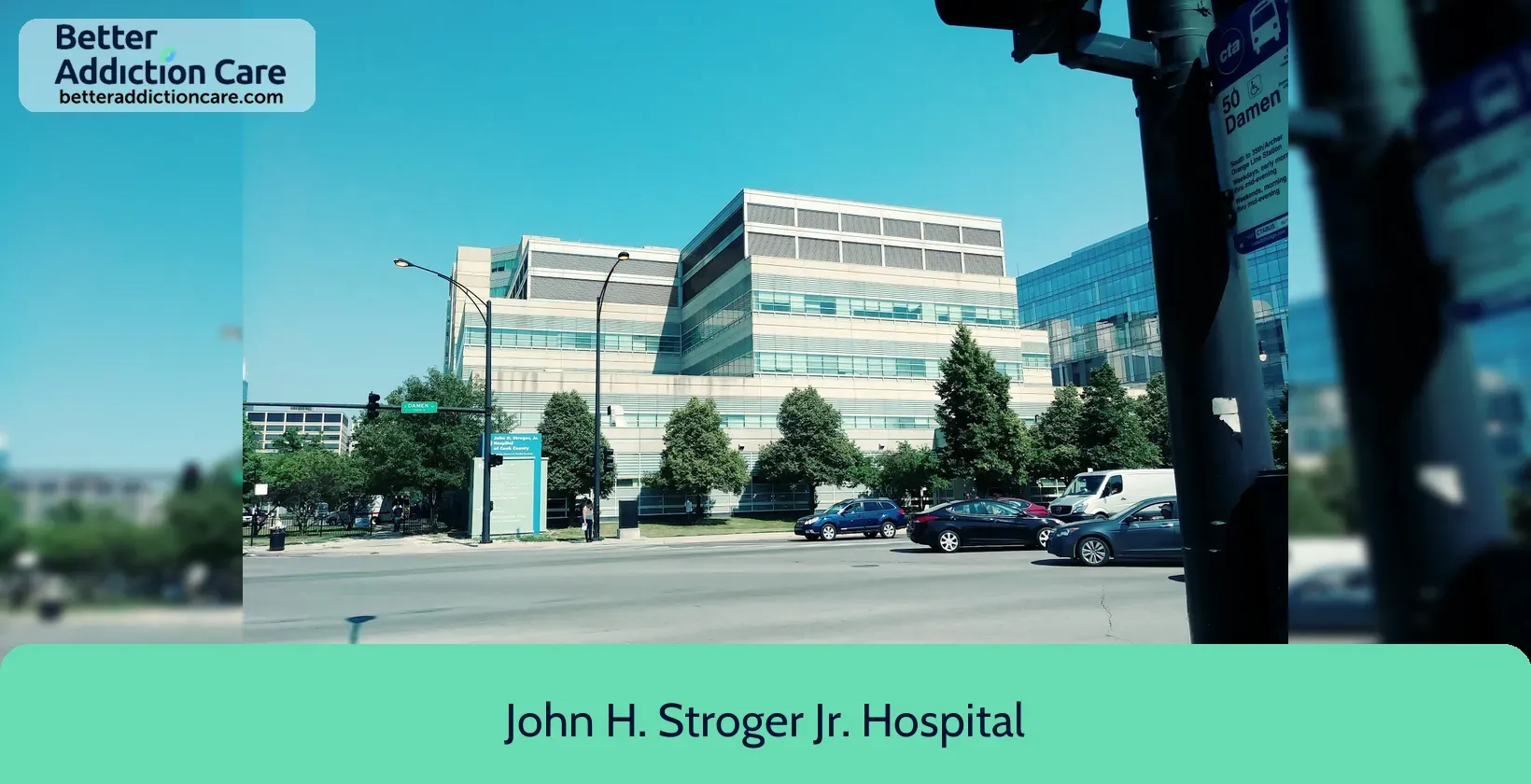
6.68
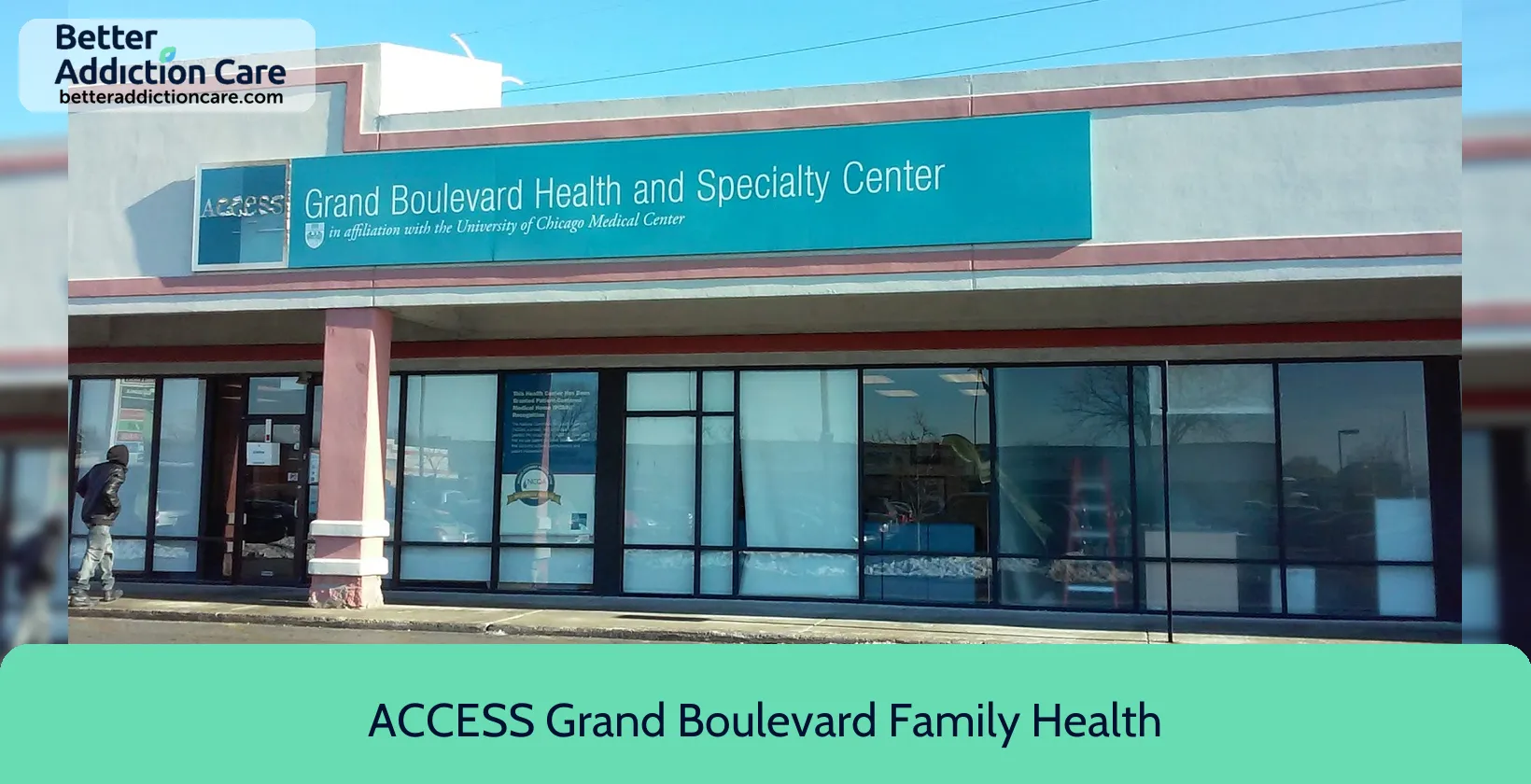
7.19
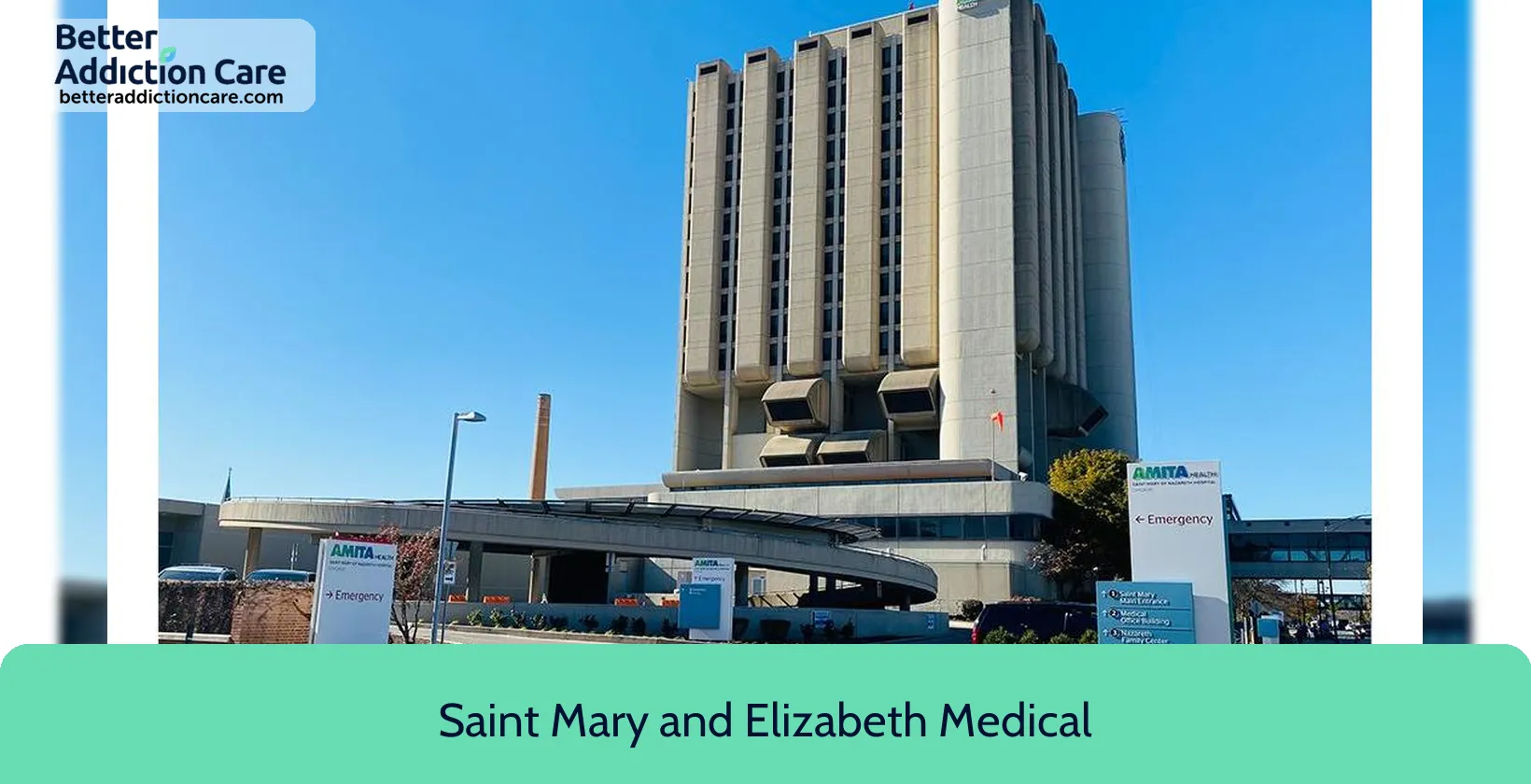
6.74
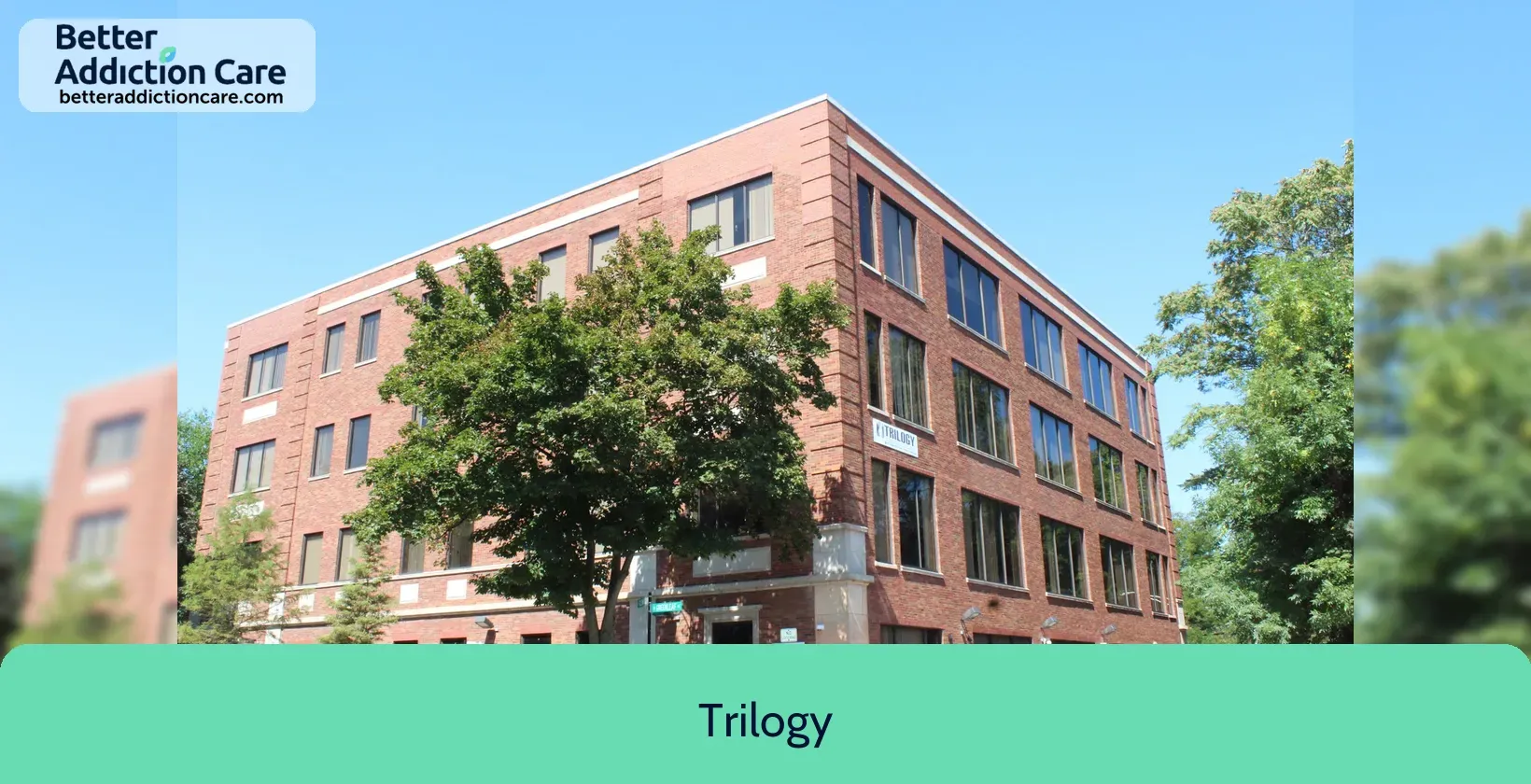
7.08
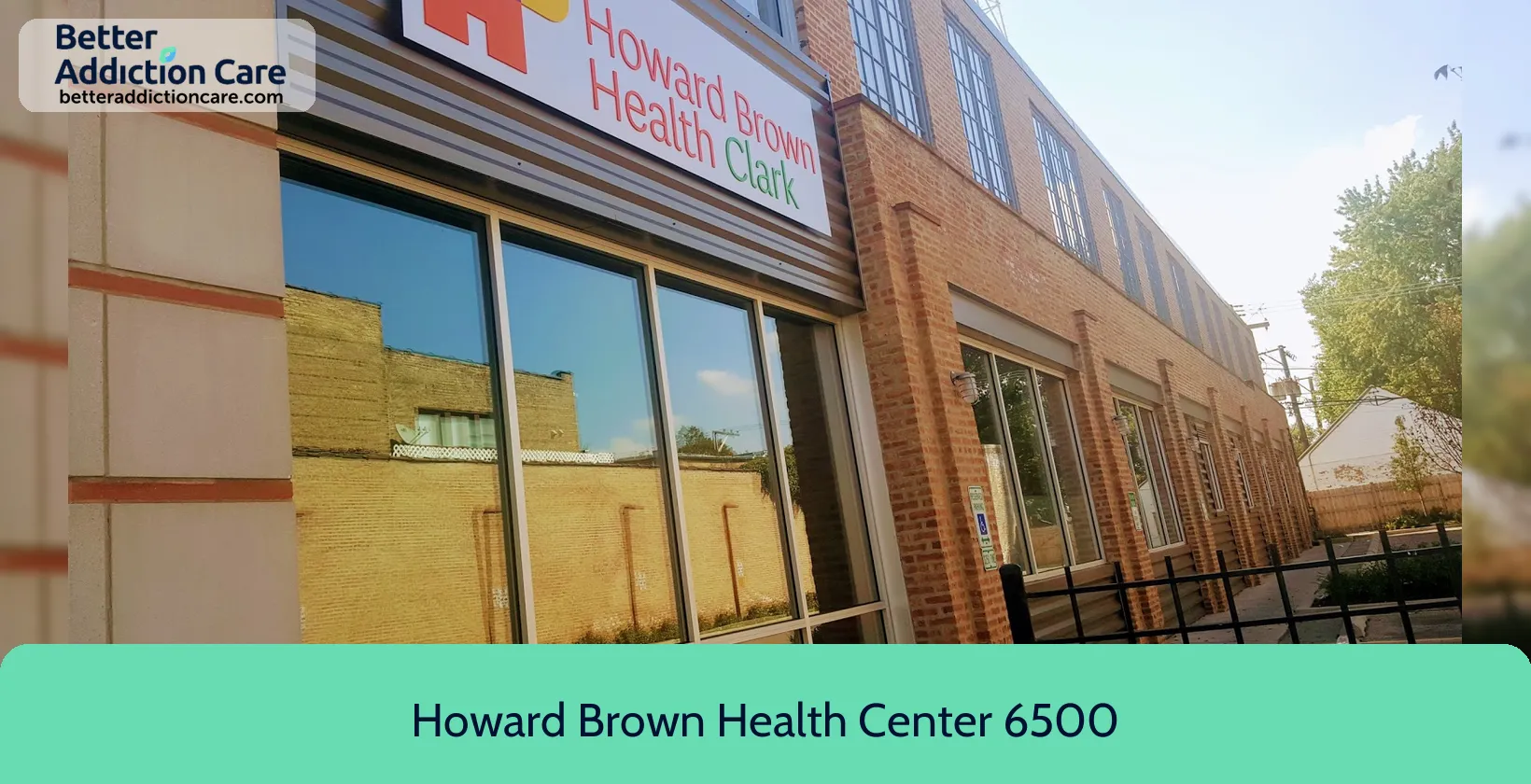
7.26
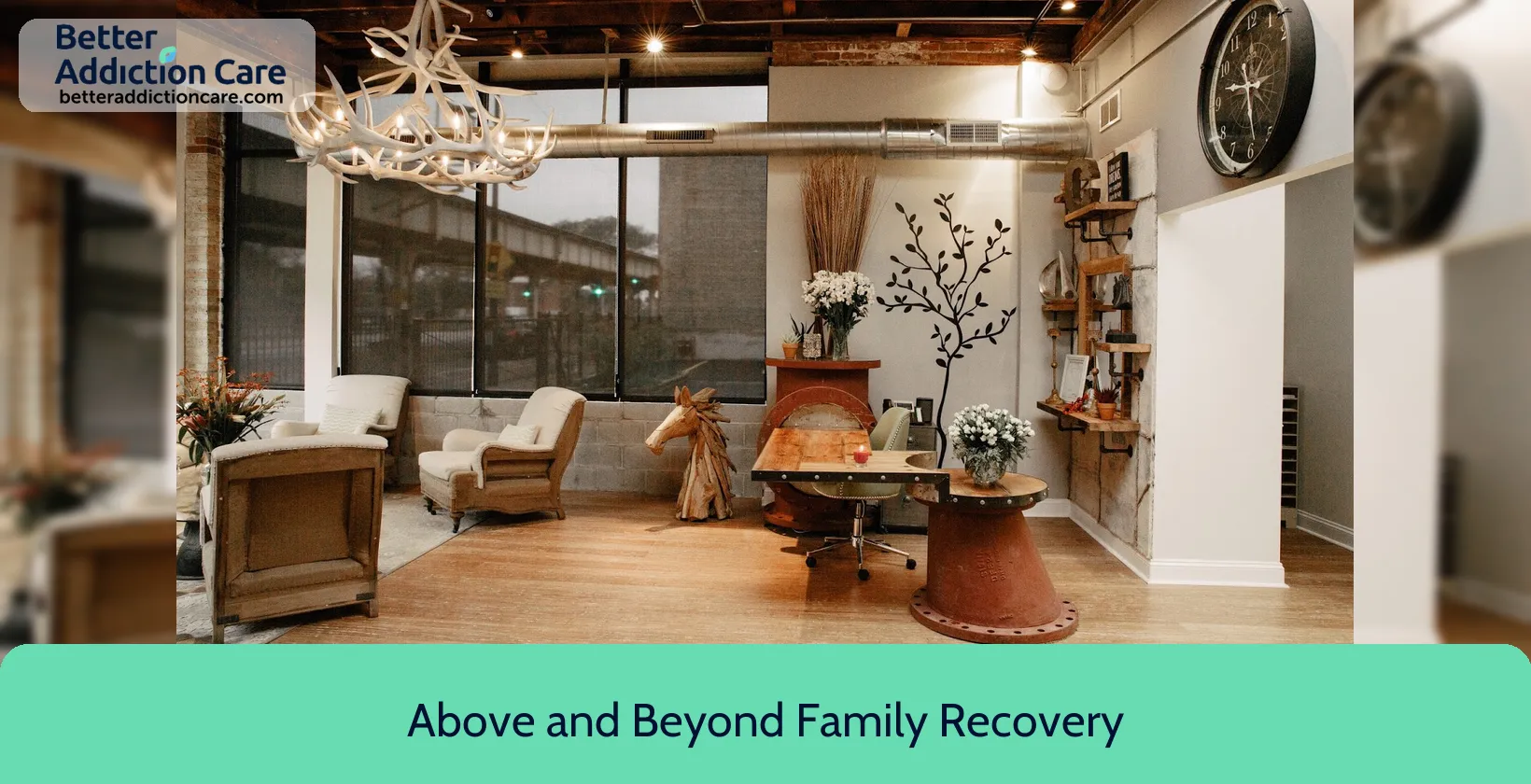
6.97
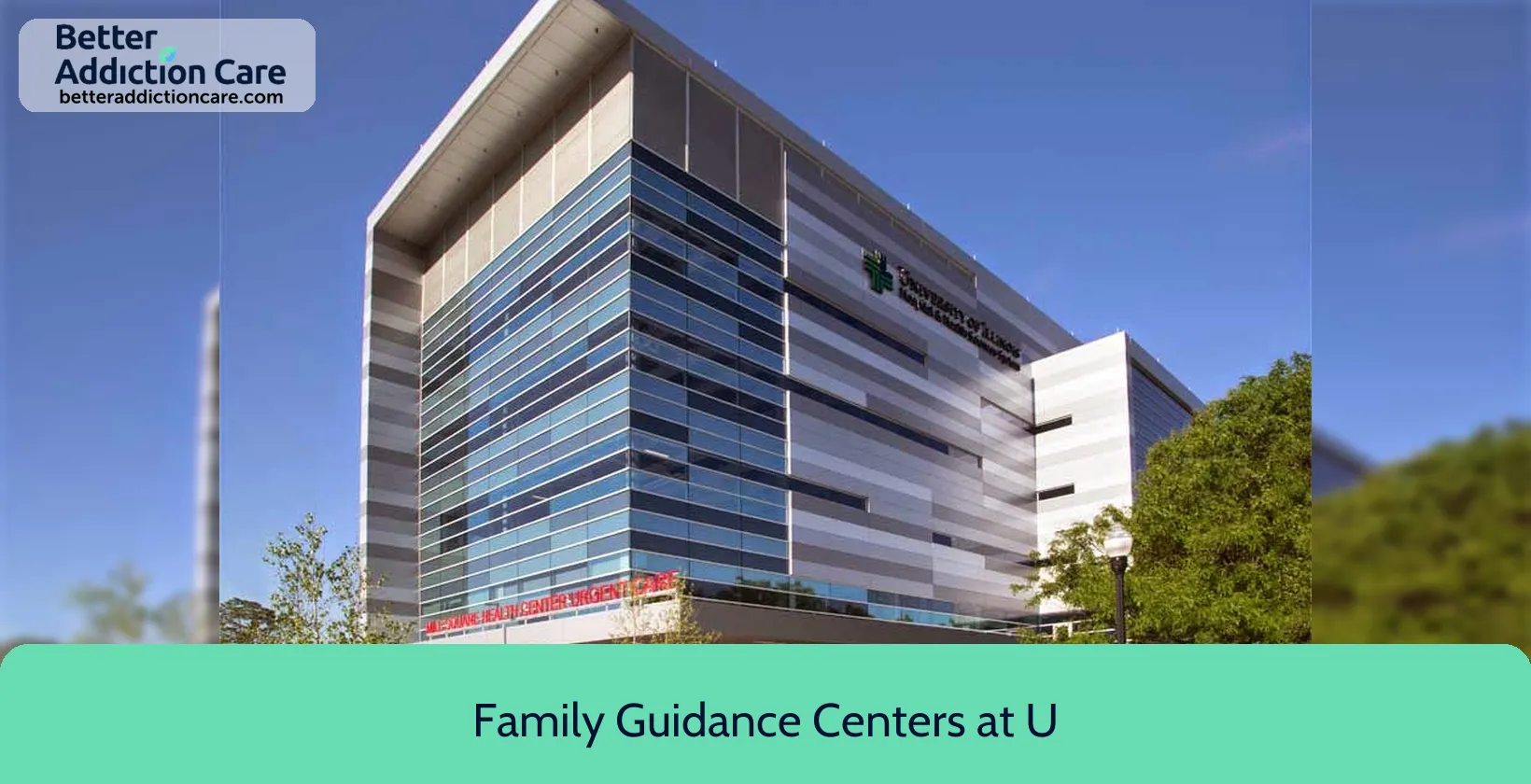
7.66
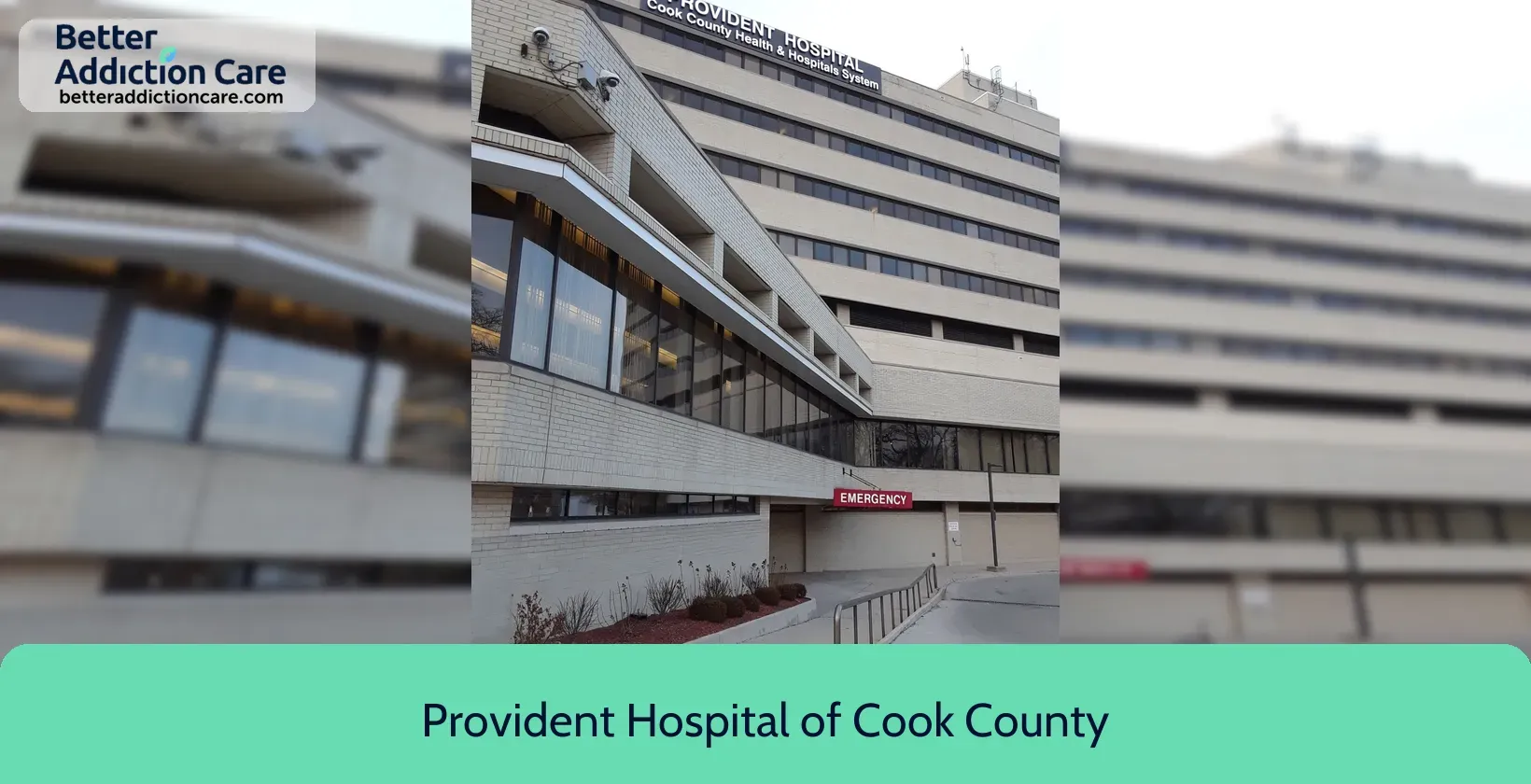
6.65
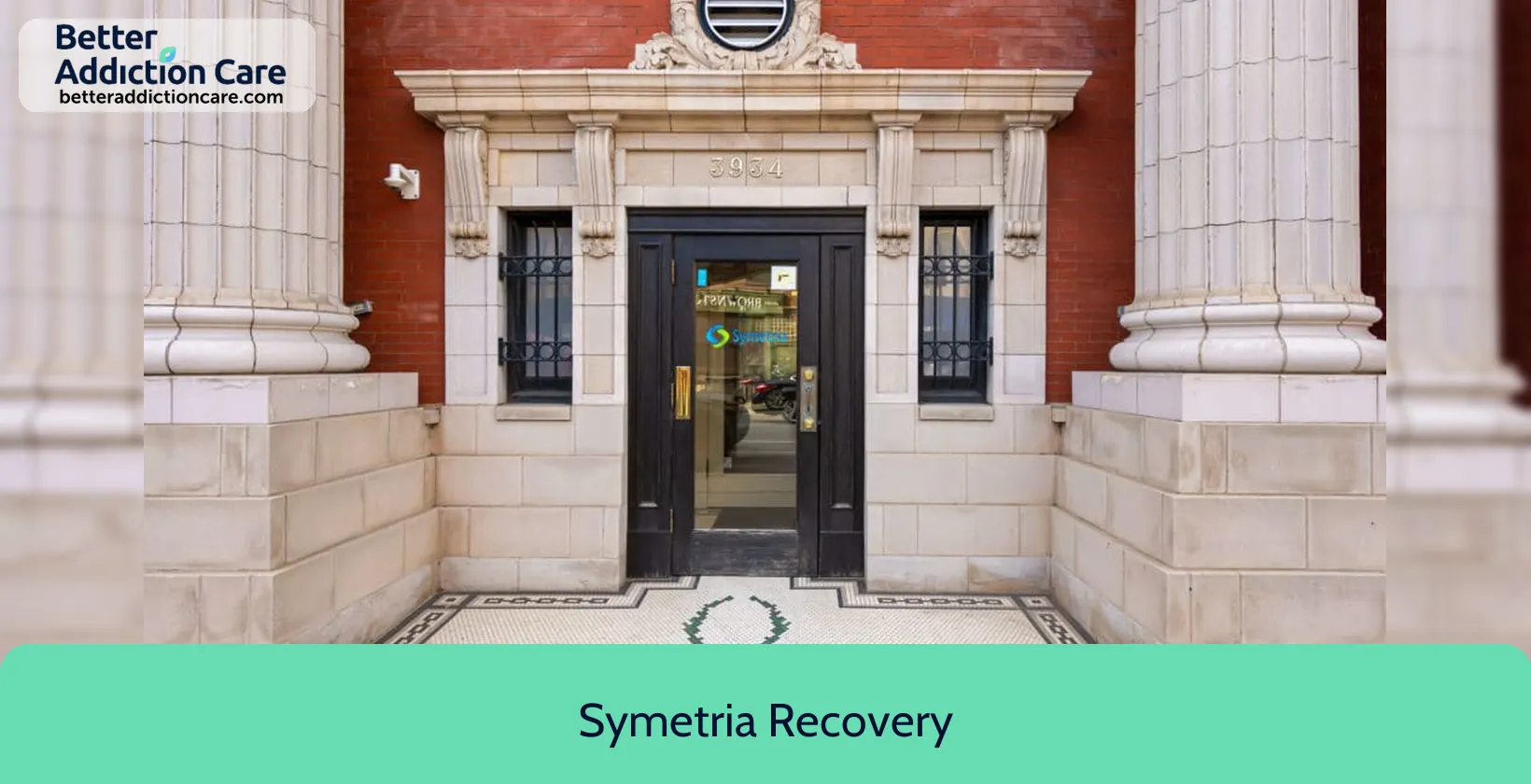
7.69
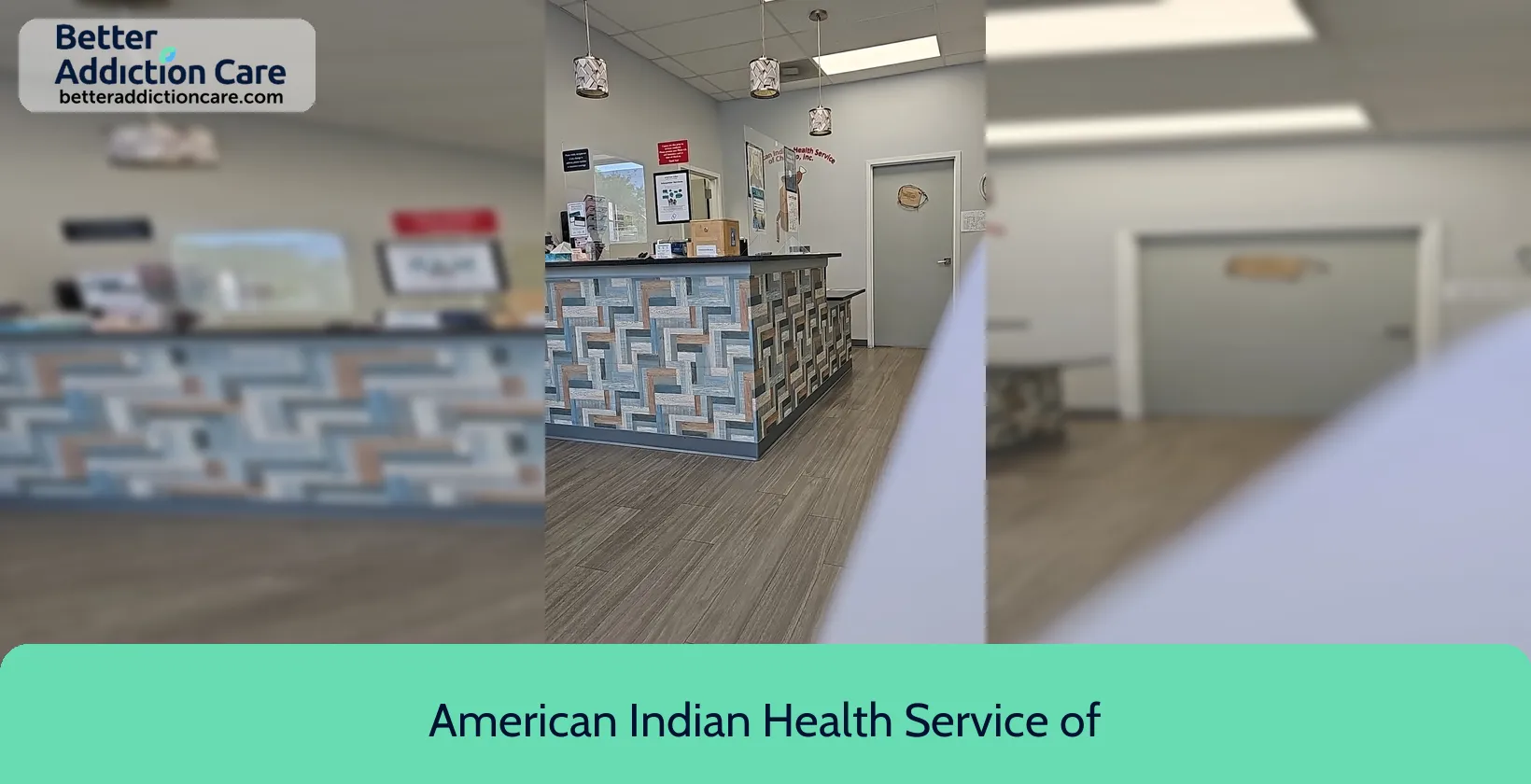
7.23
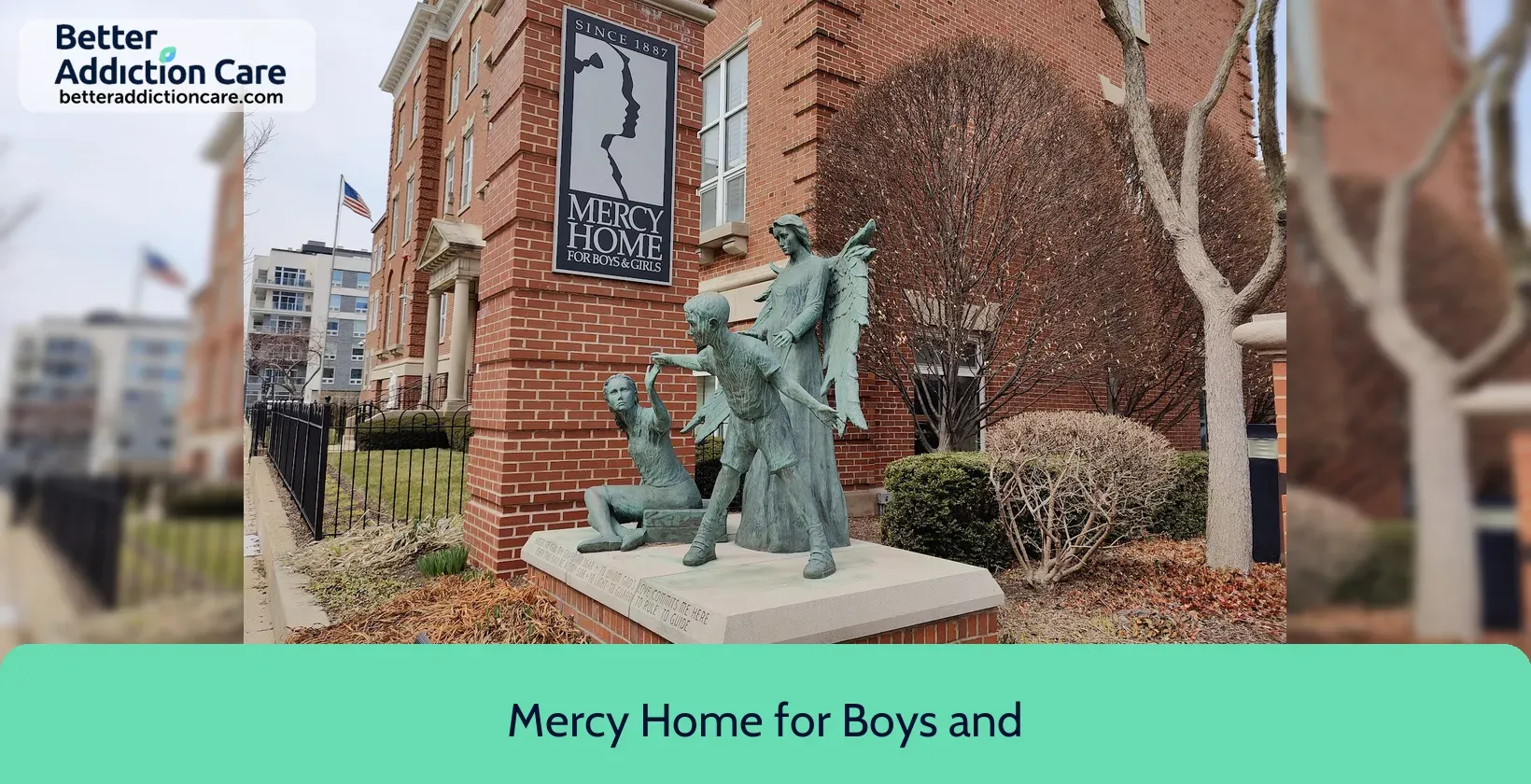
6.71
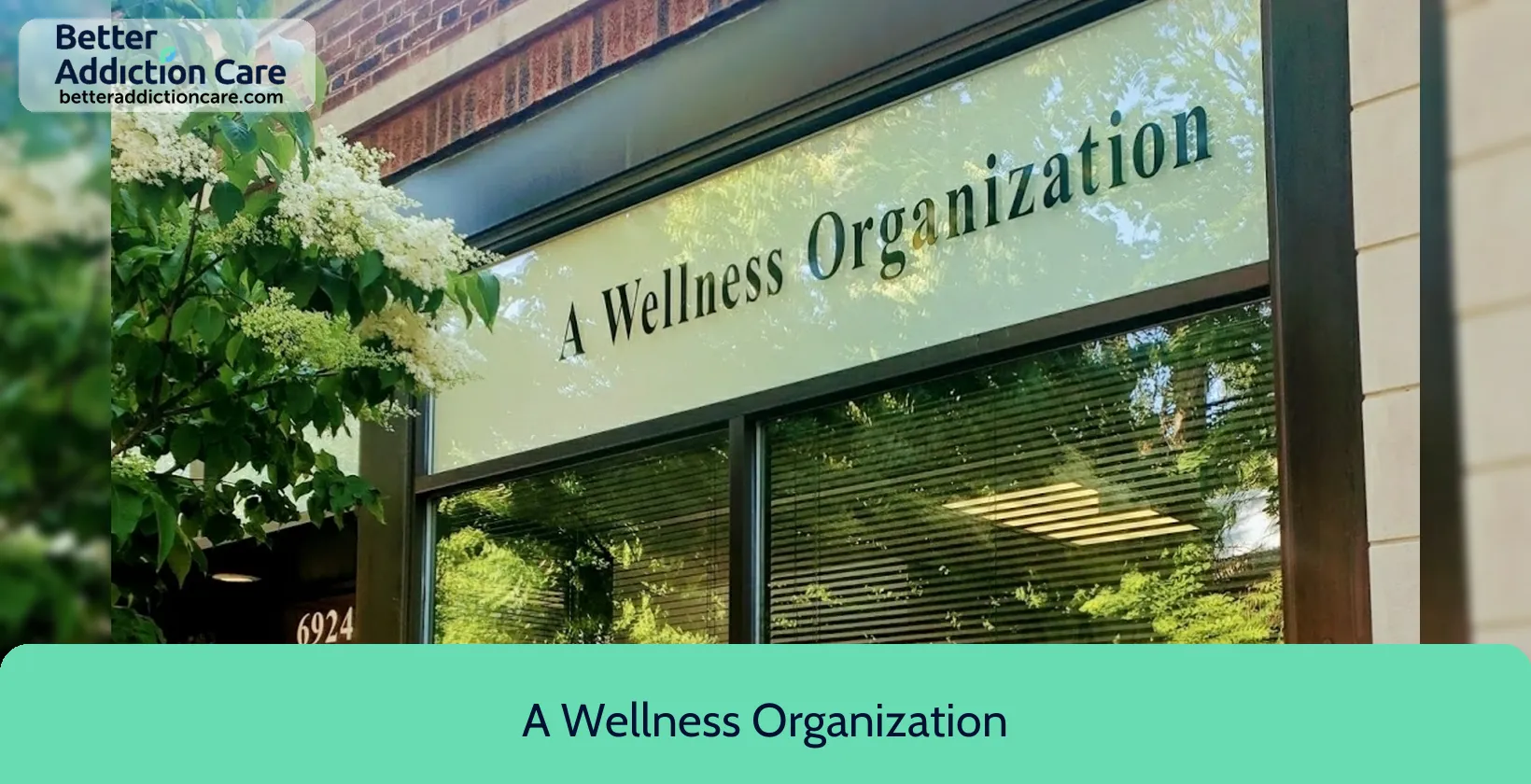
6.99
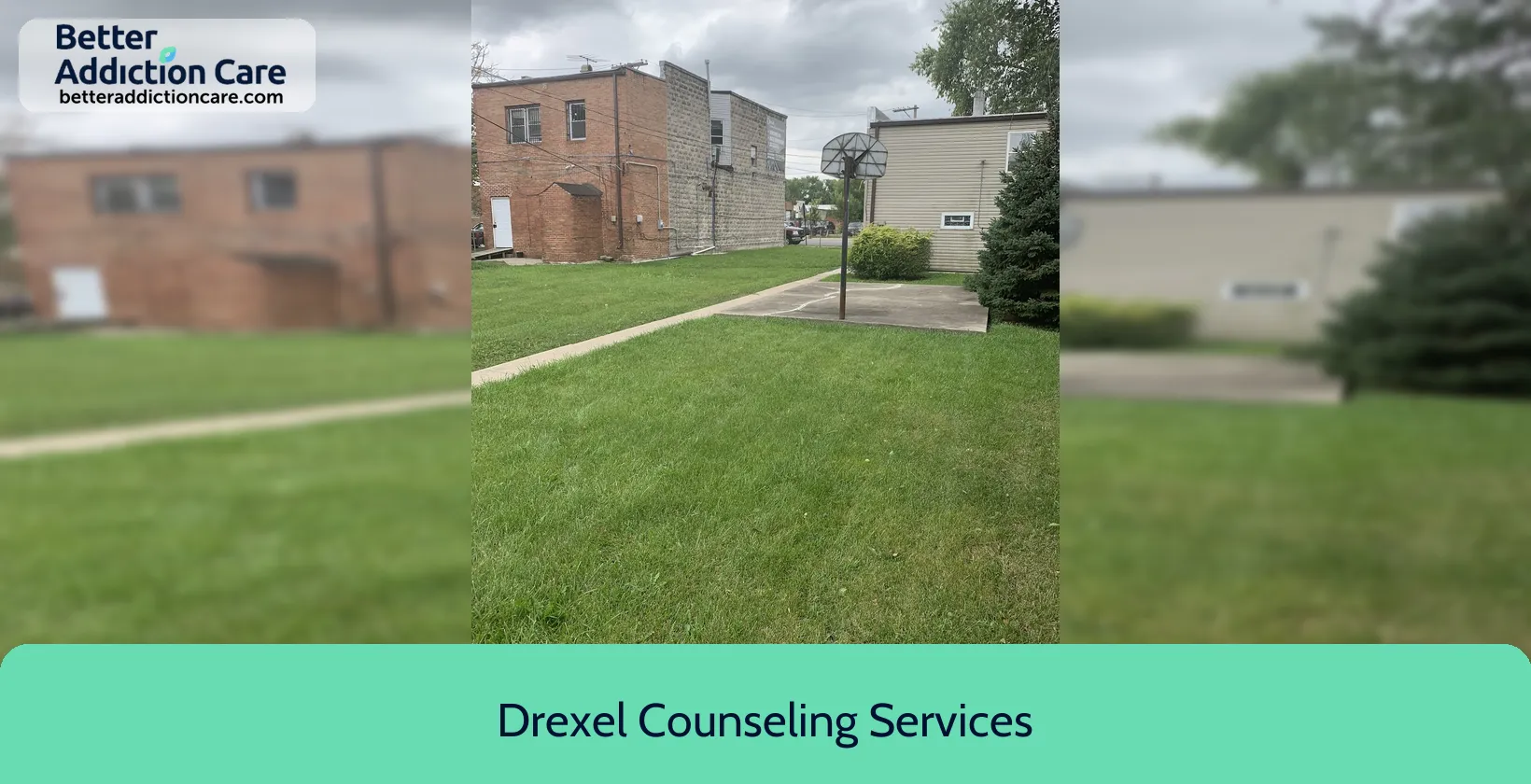
6.85
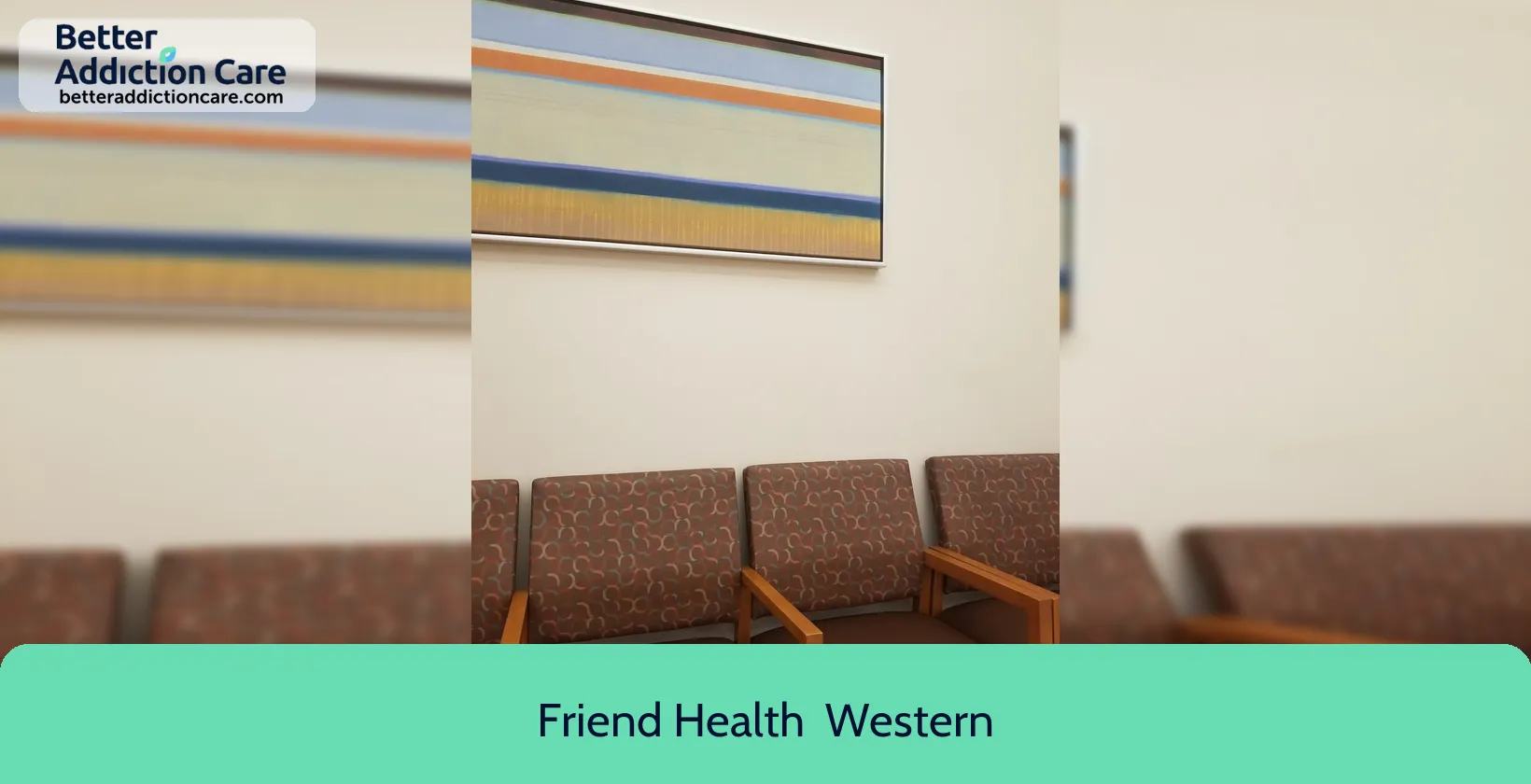
7.26
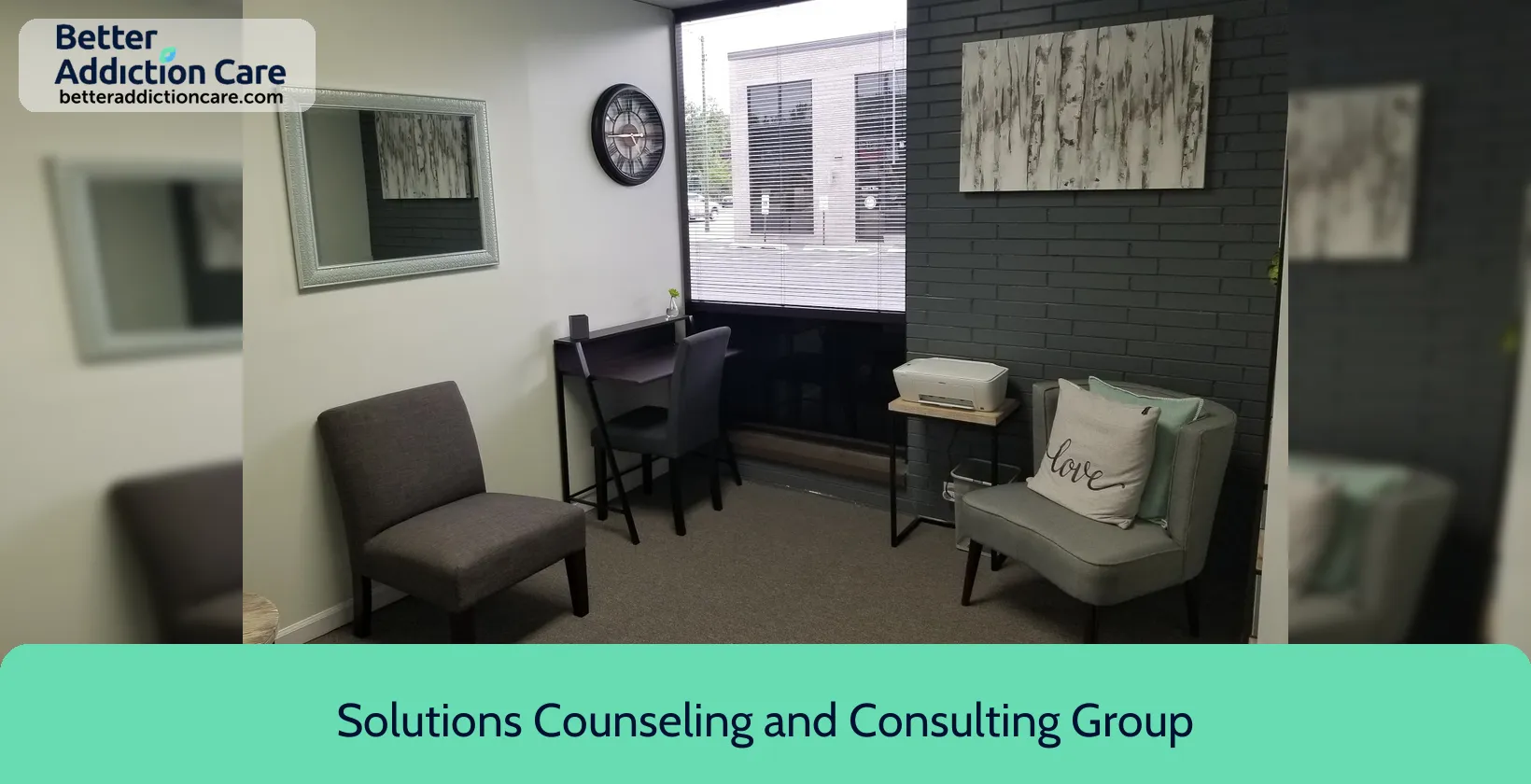
6.99
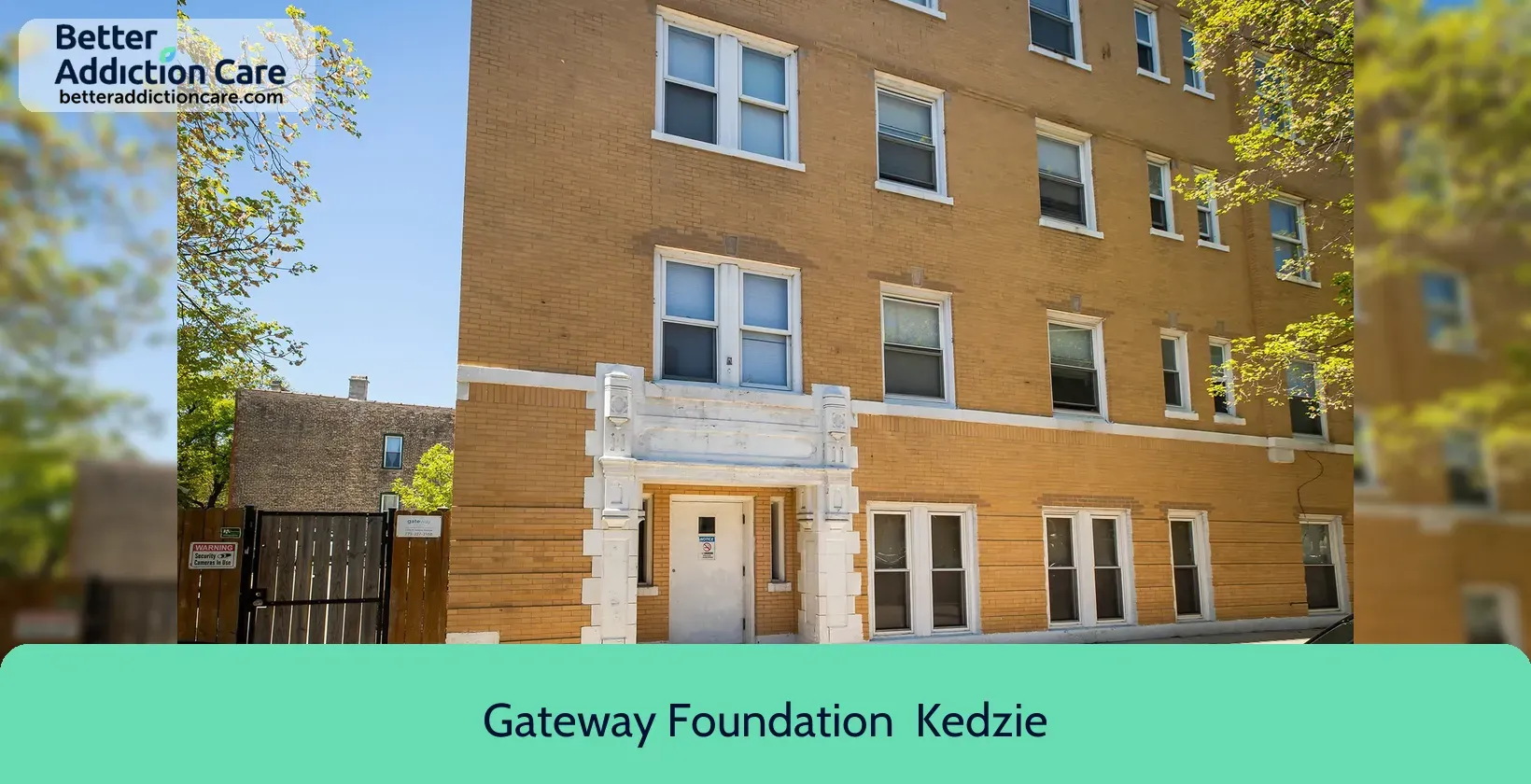
6.86
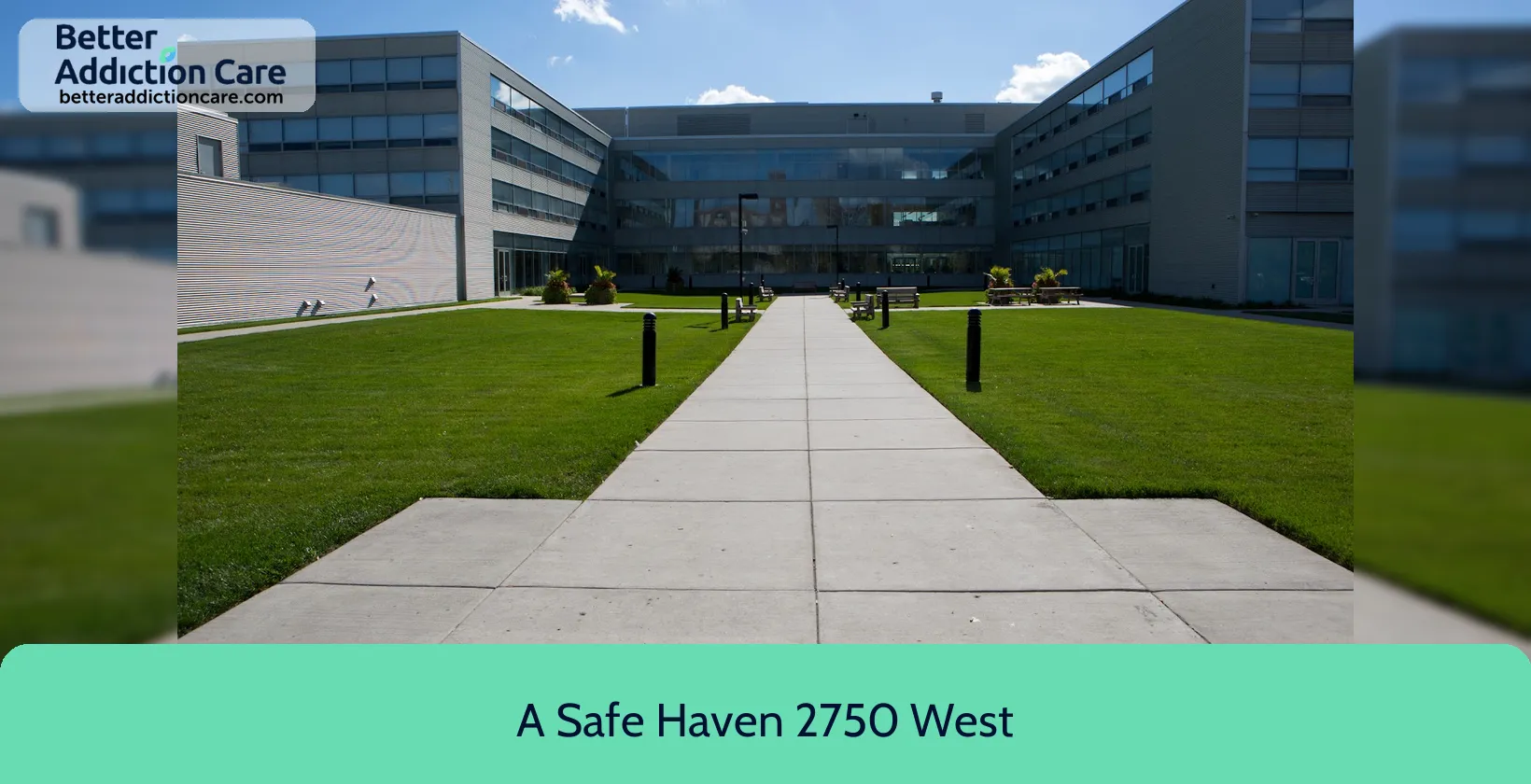
7.14

6.62
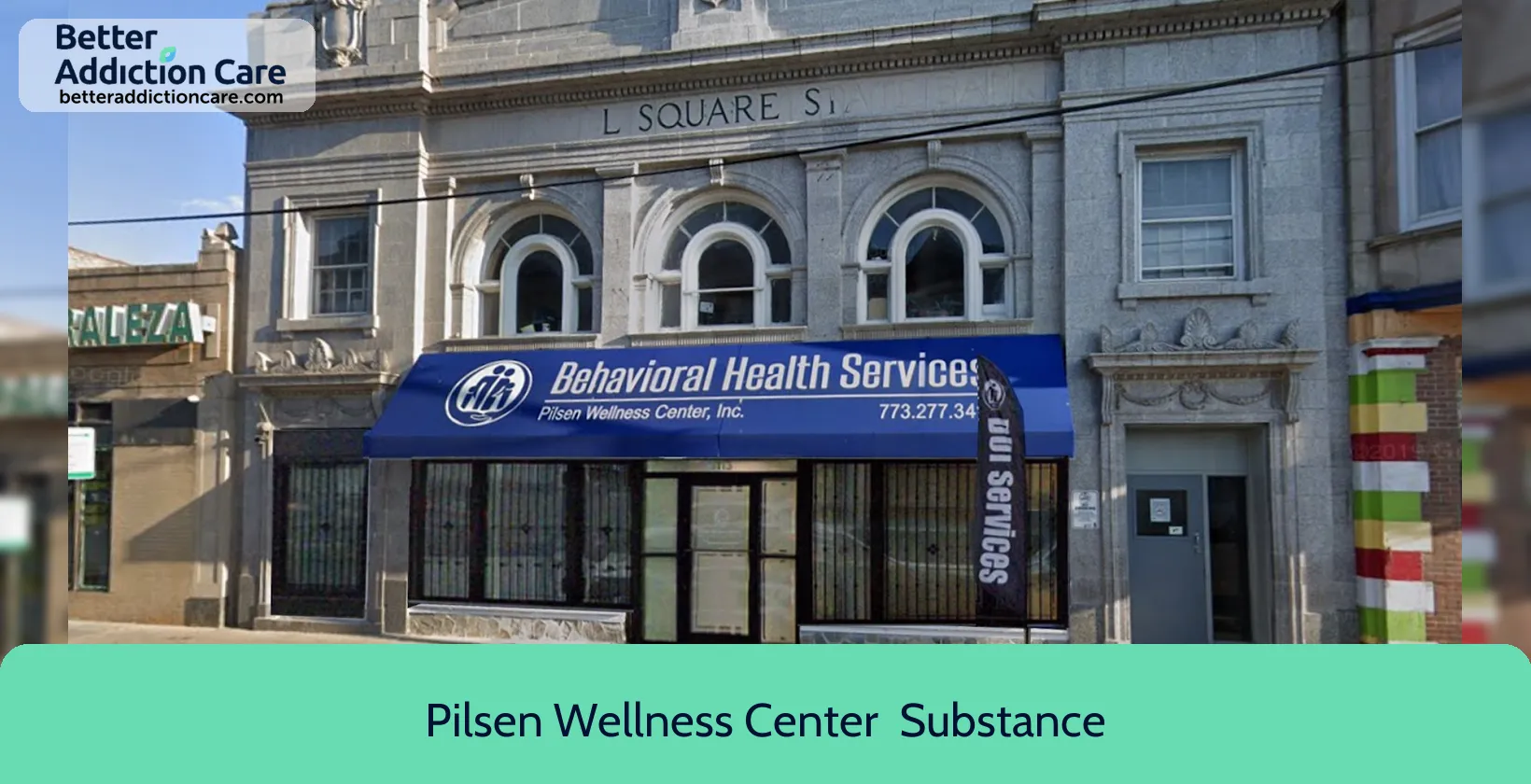
6.85
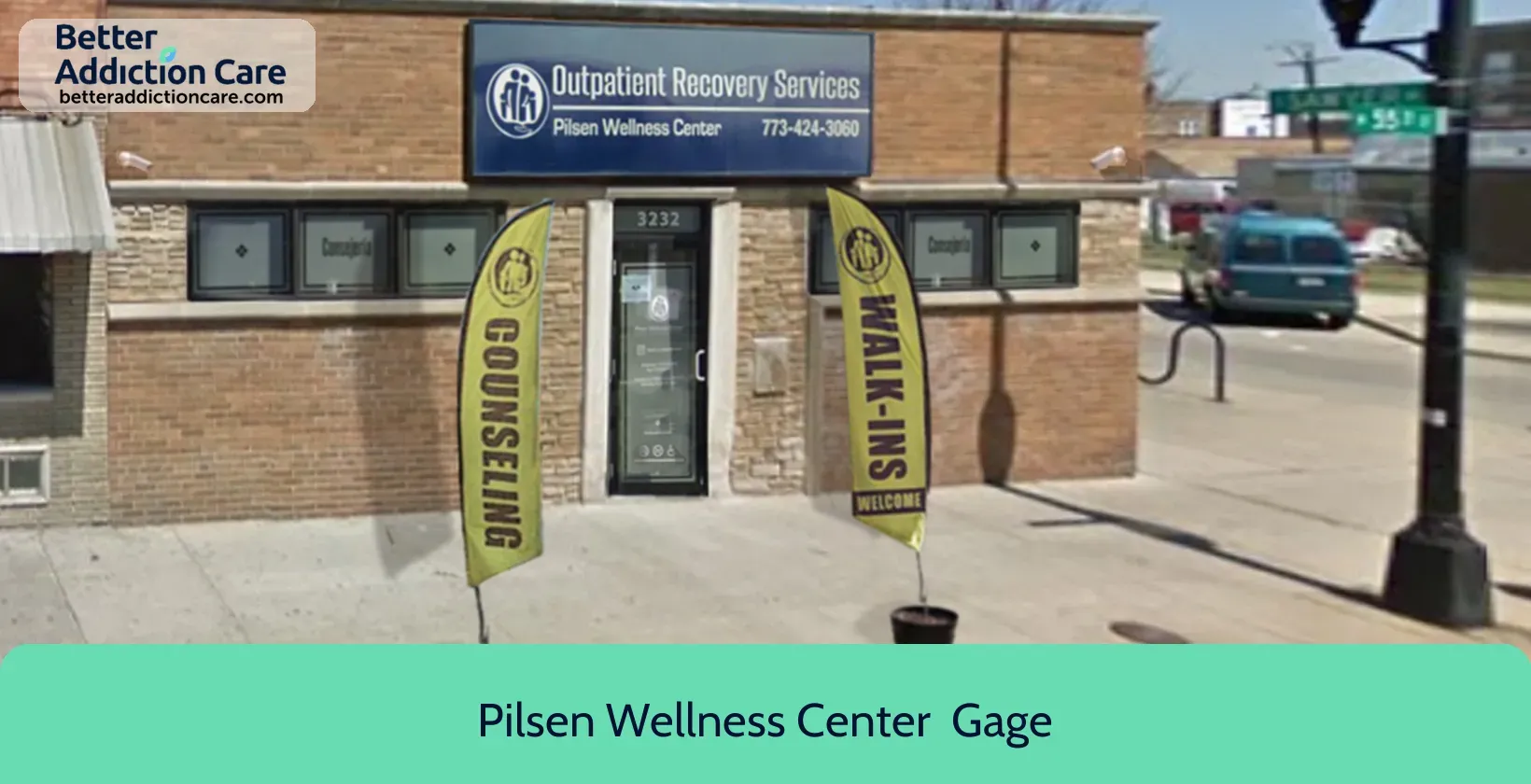
6.71
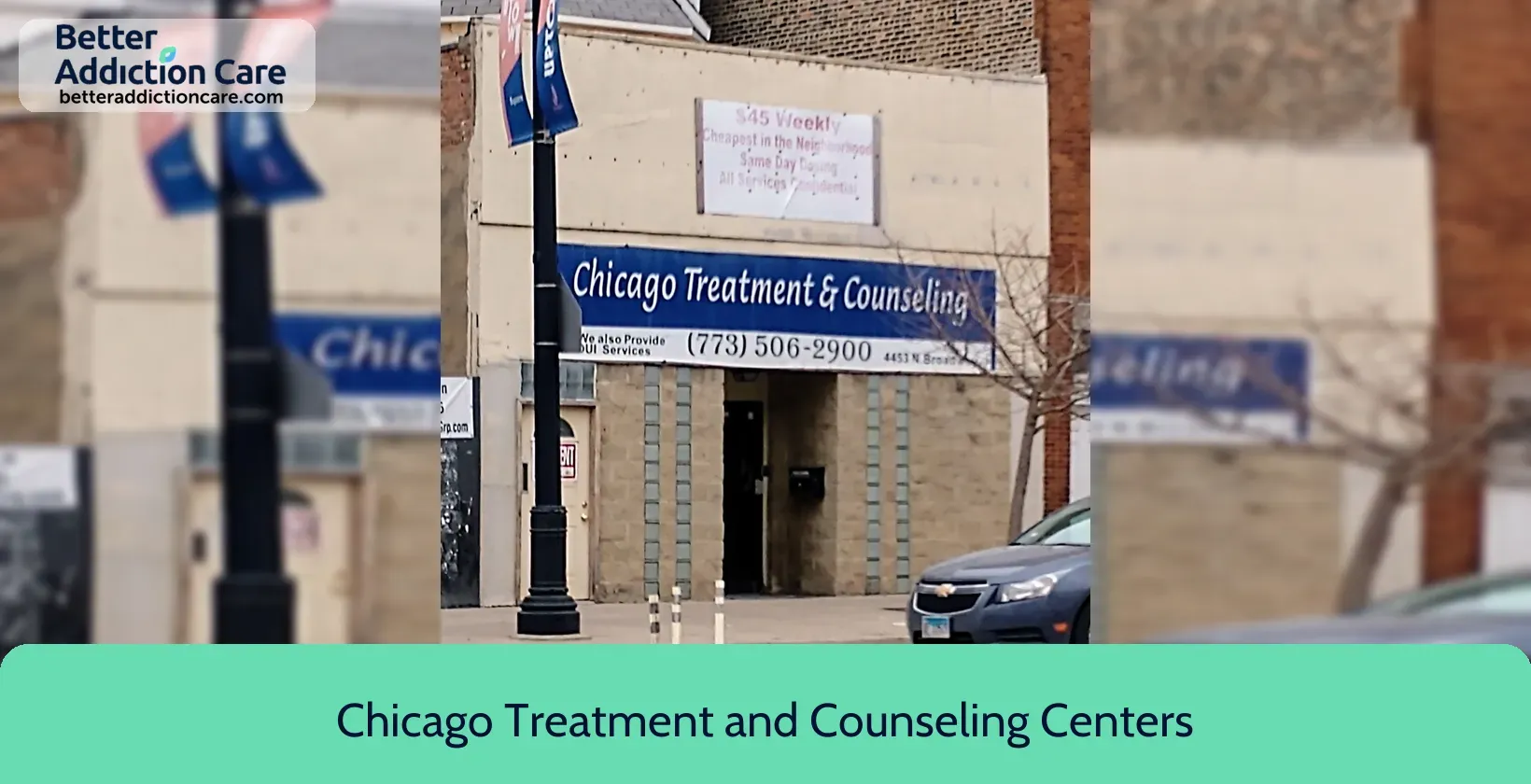
6.82
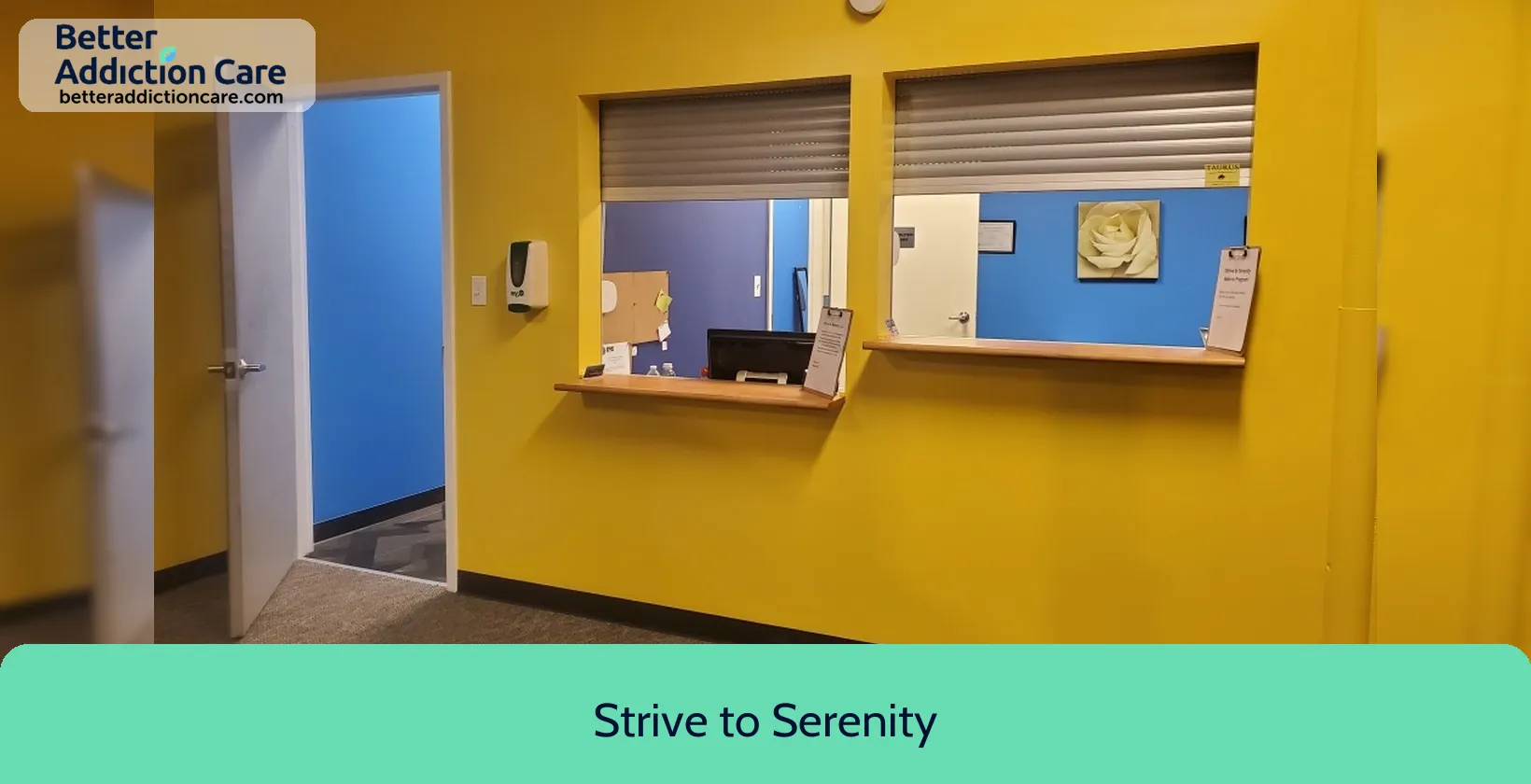
6.96
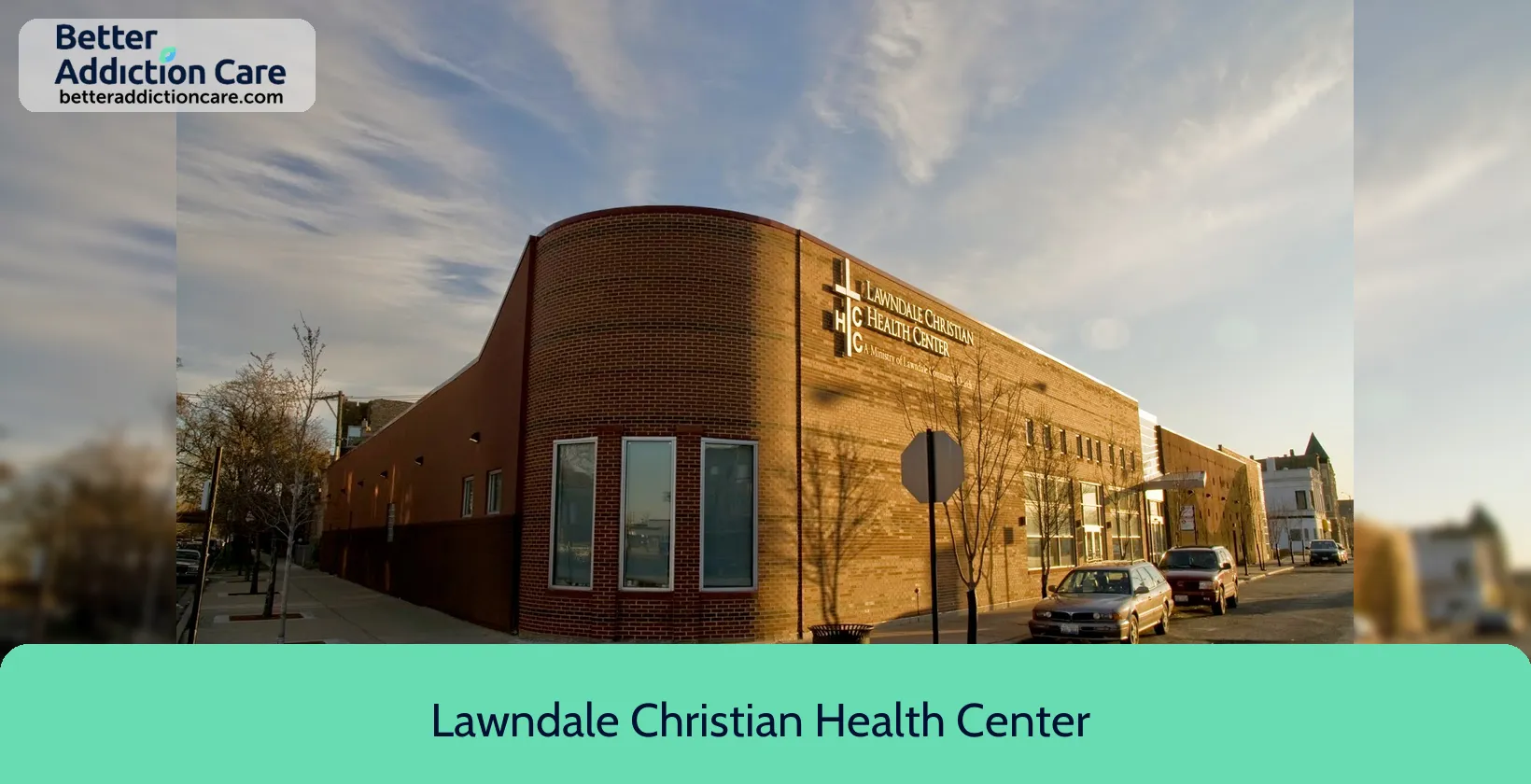
7.17
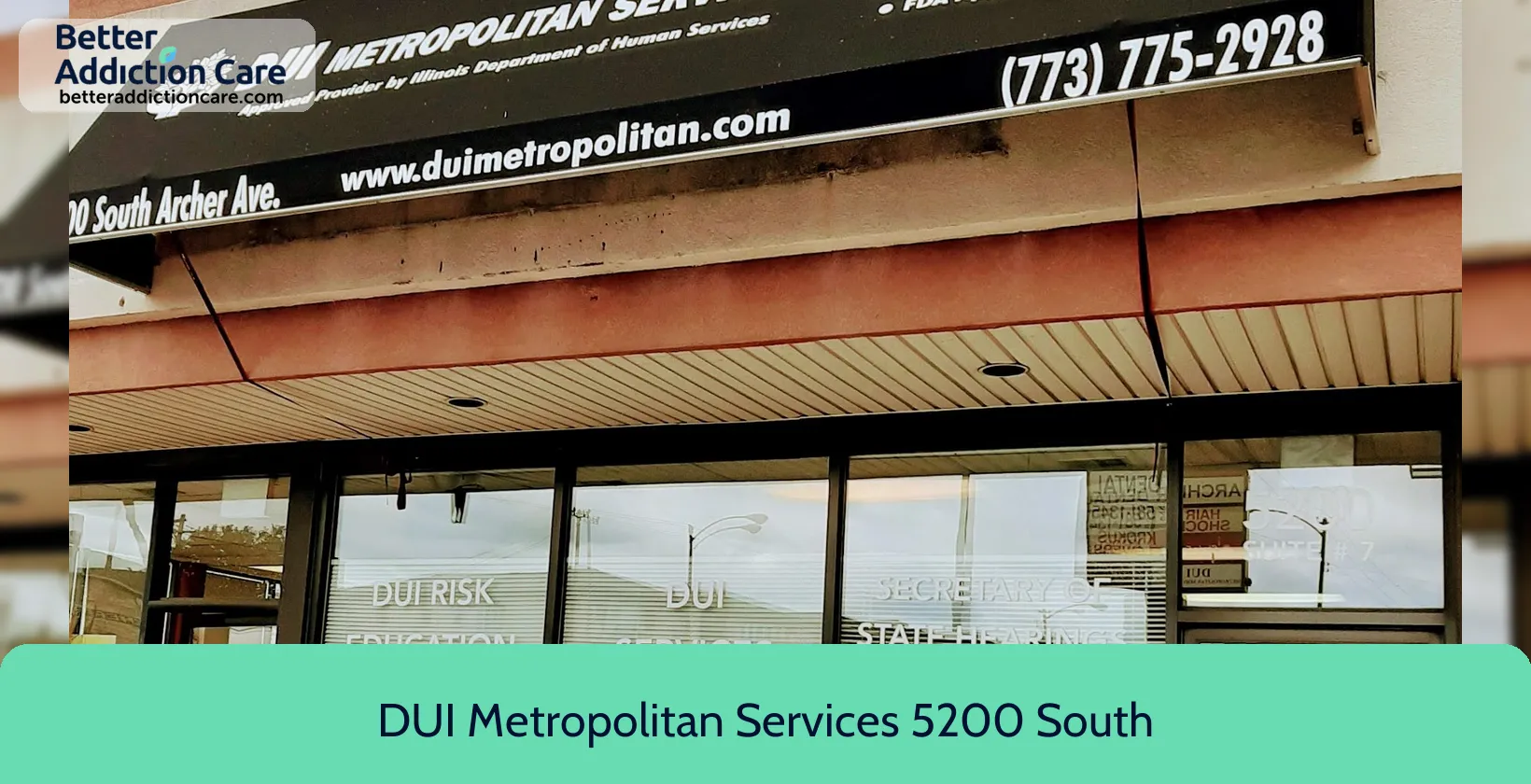
6.71
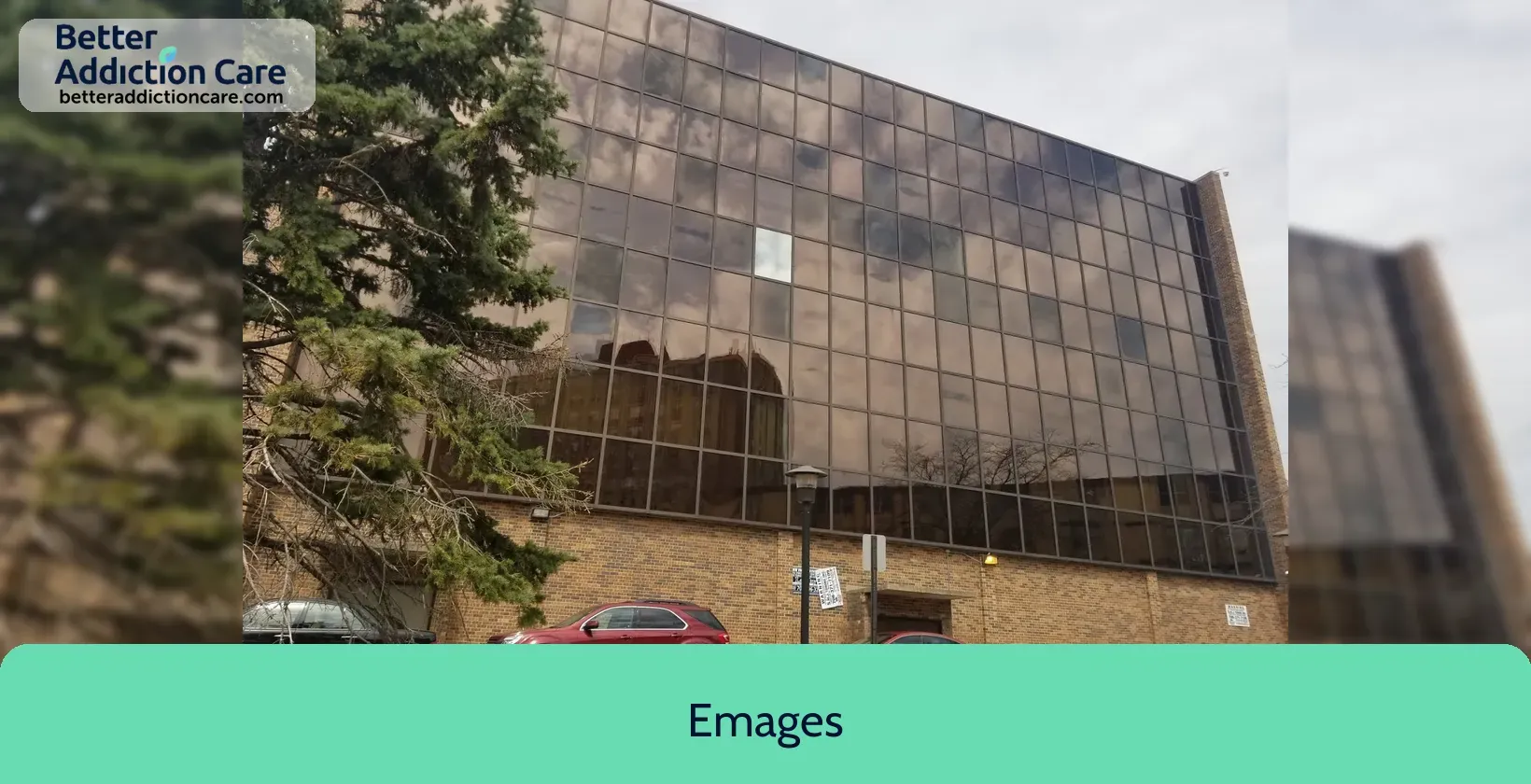
6.94
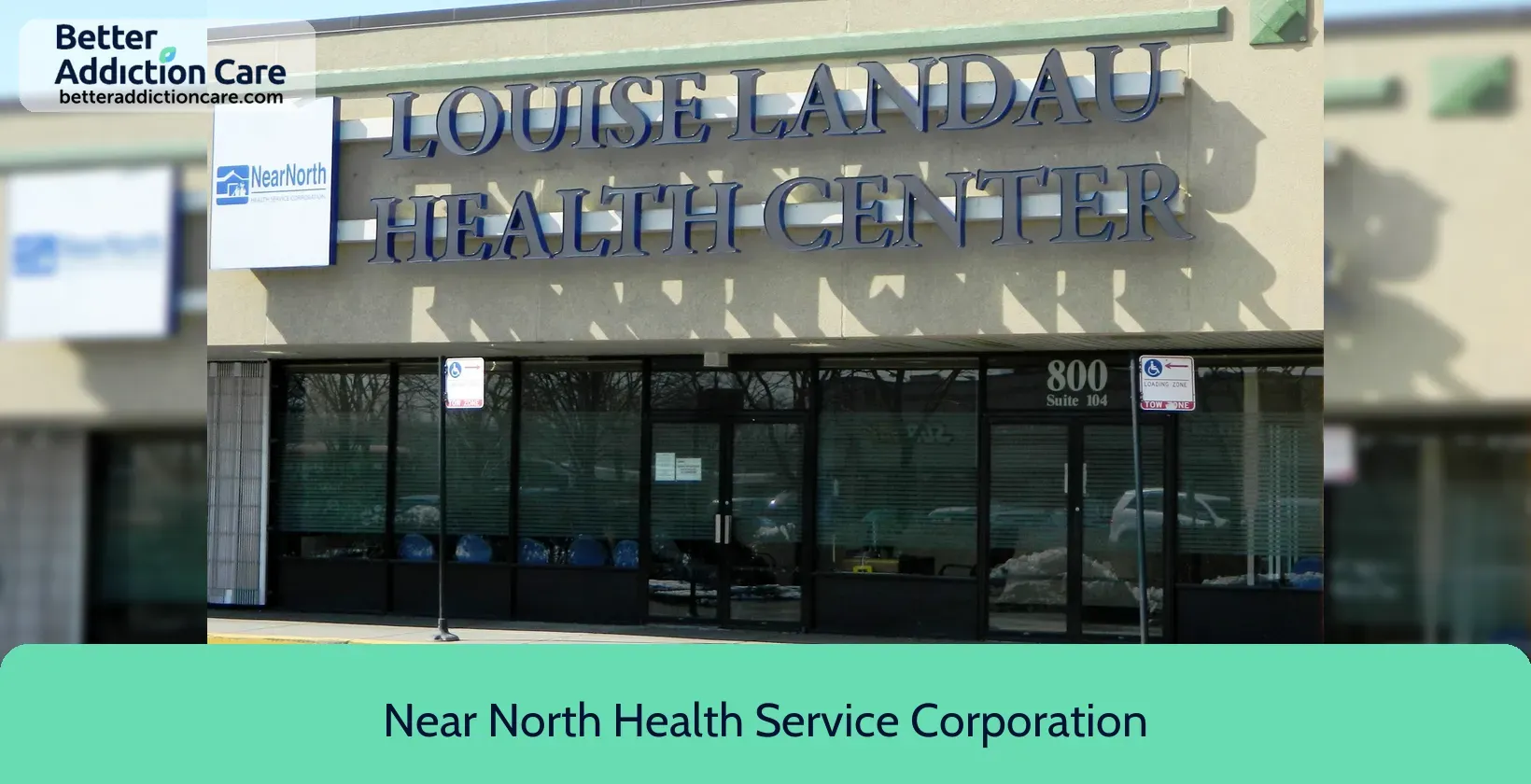
6.83
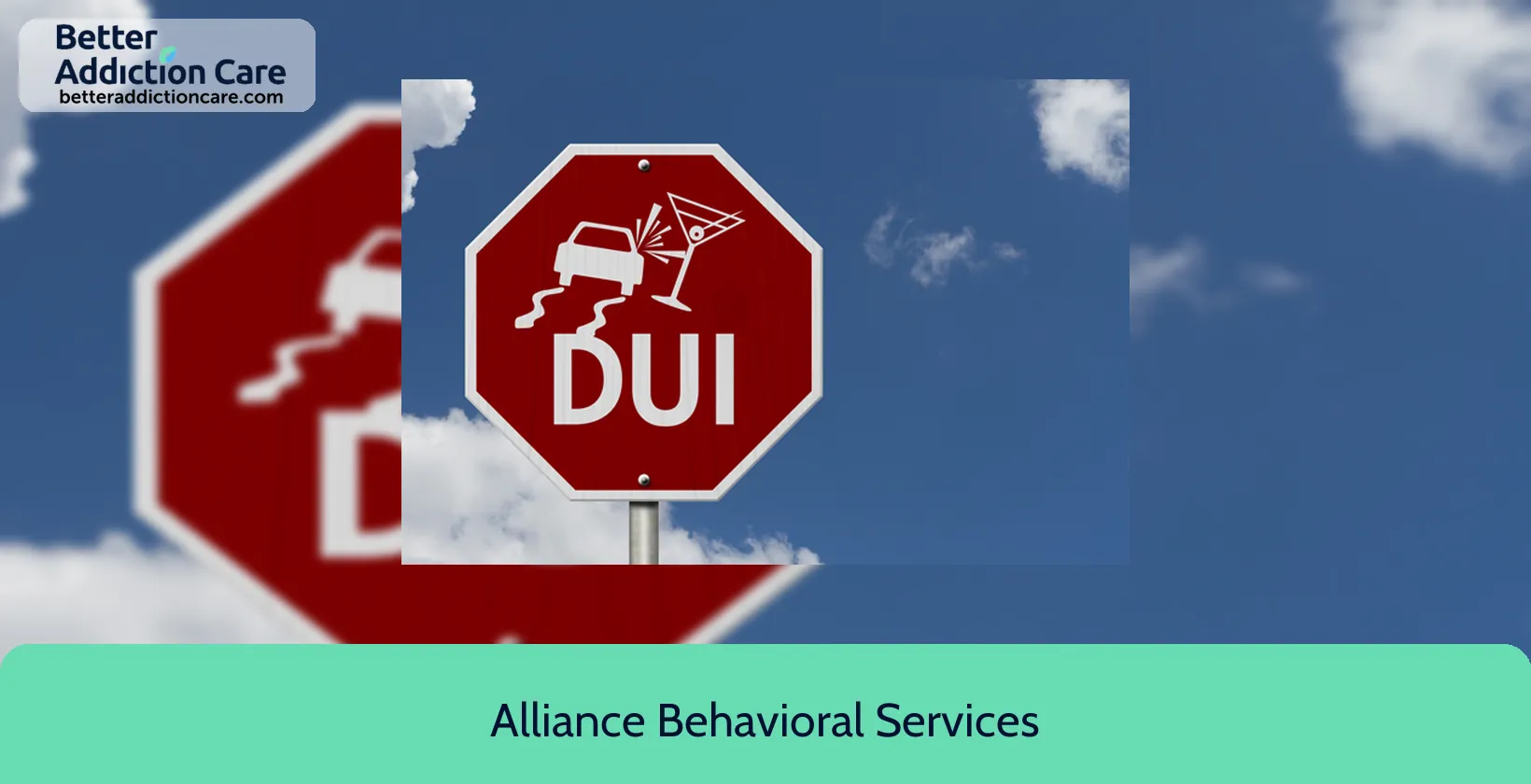
6.71
Substance Abuse Statistics for Chicago
In Chicago, 9.2% or 714,000 persons aged 12 or older were classified as having a substance use disorder according to the Substance Abuse and Mental Health Services Administration (SAMHSA). In 2022, the city reported over 1,400 overdose deaths, with opioids being a major contributing factor. According to a survey conducted by Lurie Children's Hospital, 61% of adults in Chicago consider drug use among youth a significant problem.
How Many Rehab Facilities Does Chicago Have?
Chicago offers a variety of rehab facilities to address substance abuse and overdose. There are around 243 rehab centers, distributed throughout the metropolitan area of Chicago. They provide several services for achieving long-term recovery and developing a healthy lifestyle.
Substance Abuse Facilities
Among Chicago substance abuse rehab facilities, approximately 243 rehab centers accept Medicaid, while 159 facilities accept Medicare, and about 224 rehab centers work with private insurance companies.
How Much Do Rehab Facilities in Chicago Cost?
Rehab facilities in Chicago vary in cost, depending on several factors, including the type of treatment, length of stay, and amenities provided. While there is no available data on the cost of rehab in the city of Chicago. Some estimations can be made based on the fees of rehab in the state of Illinois. For example, the average cost of rehab in Illinois is $56.666.Below you can find the costs of inpatient and outpatient services :
Inpatient rehab facilities:
-
$629.62 per day without insurance coverage
-
$251.85 per day with 60% insurance coverage
-
$125.92 per day with 80% insurance coverage
Outpatient rehab facilities:
-
$56.80 per day without insurance coverage
-
$22.72 per day with 60% insurance coverage
-
$11.36 per day with 80% insurance coverage
Top Rehab Centers in Chicago
Chicago has top rehab centers that provide integrated care for individuals struggling with addiction. They are characterized by quality services, experienced staff, and high success rates. Whether you are looking for inpatient, outpatient, or specialized programs, these centers provide a range of options to meet your individual needs and preferences.
Types of Rehab Facilities in Chicago
There are different types of rehab facilities available in Chicago such as inpatient, outpatient luxury, and free rehab centers. They often try to adapt to meet the specific needs of individuals seeking treatment for substance abuse.
Services Offered by Rehab Centers in Chicago
Rehab facilities in Chicago offer services and treatments to help people struggling with substance abuse find their way toward recovery. Some of the services provided by rehab centers in Chicago are:
- Detoxification: Clearing the body from the substance.
- Medical supervision: Offer safety and control over the medications and process of detox.
- Cognitive-behavioral therapy (CBT): A psychological technique that is a cornerstone in addiction recovery.
- Counseling therapy: provides emotional support to the individual.
- Individual therapy: one-to-one talking with a therapist.
- Group therapy: Peer talking with a therapist, for providing support.
- Behavioral therapy: Use to modify harmful behaviors.
- Holistic therapies: yoga, art, and music for relaxation.
- Educational programs: for avoiding relapse.
- Aftercare programs: for individuals struggling with consuming again after recovery.
Choosing the Right Rehab Center in Chicago
Selecting the right rehab center is a crucial step in the recovery journey. With many options available in Chicago, it’s important to consider several factors to ensure receiving the best possible care. Here are some tips and guidance on how to choose the best rehab center:
- Consider proximity to your home.
- Evaluate if your insurance covers the service.
- Evaluate costs.
- Look for financial assistance.
- Be sure the facility is accredited and licensed.
- Search for program types, treatment methods, and specialized programs according to your needs.
- Search for reviews.
- Look for the possibility of aftercare programs.
- Ensure the center provides good spaces, nutrition advice, and a safe environment.
- Start your rehab!
Explore the Best Chicago Rehabs
Finding the right rehab center in Chicago requires careful consideration of multiple factors, including location, cost, accreditation, treatment programs, success rates, staff qualifications, aftercare support, and good spaces. By doing good research and evaluating these aspects, you can make an informed decision to find the best facility that meets your needs and start your recovery as soon as possible.
Common Questions About Better Addiction Care
Take a look at our FAQ. We've tried to fill it with all the answers you're looking for. And if not, contact us on (800) 429-7690.
One of the most well-known rehabilitation centers for substance abuse in Chicago is Gateway Foundation. Gateway Foundation has been providing comprehensive addiction treatment for over 50 years, offering a range of services including inpatient and outpatient programs, medication-assisted treatment, and therapy for co-occurring mental health disorders.
Gateway Foundation is a non-profit organization that provides substance use disorder treatment and recovery services. They offer a variety of treatment programs including residential (inpatient) treatment, outpatient programs, medication-assisted treatment, and specialized care for co-occurring mental health conditions. Gateway Foundation focuses on individualized treatment plans to support long-term recovery and overall well-being.
